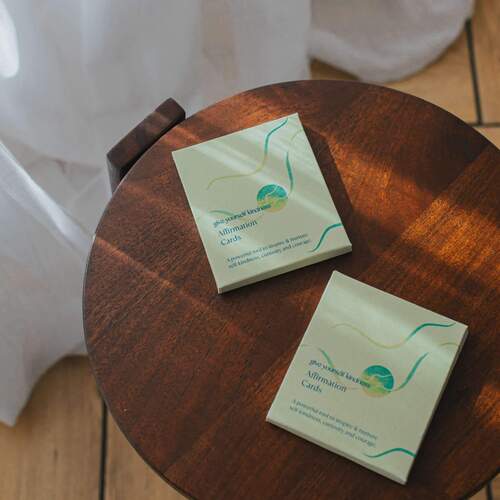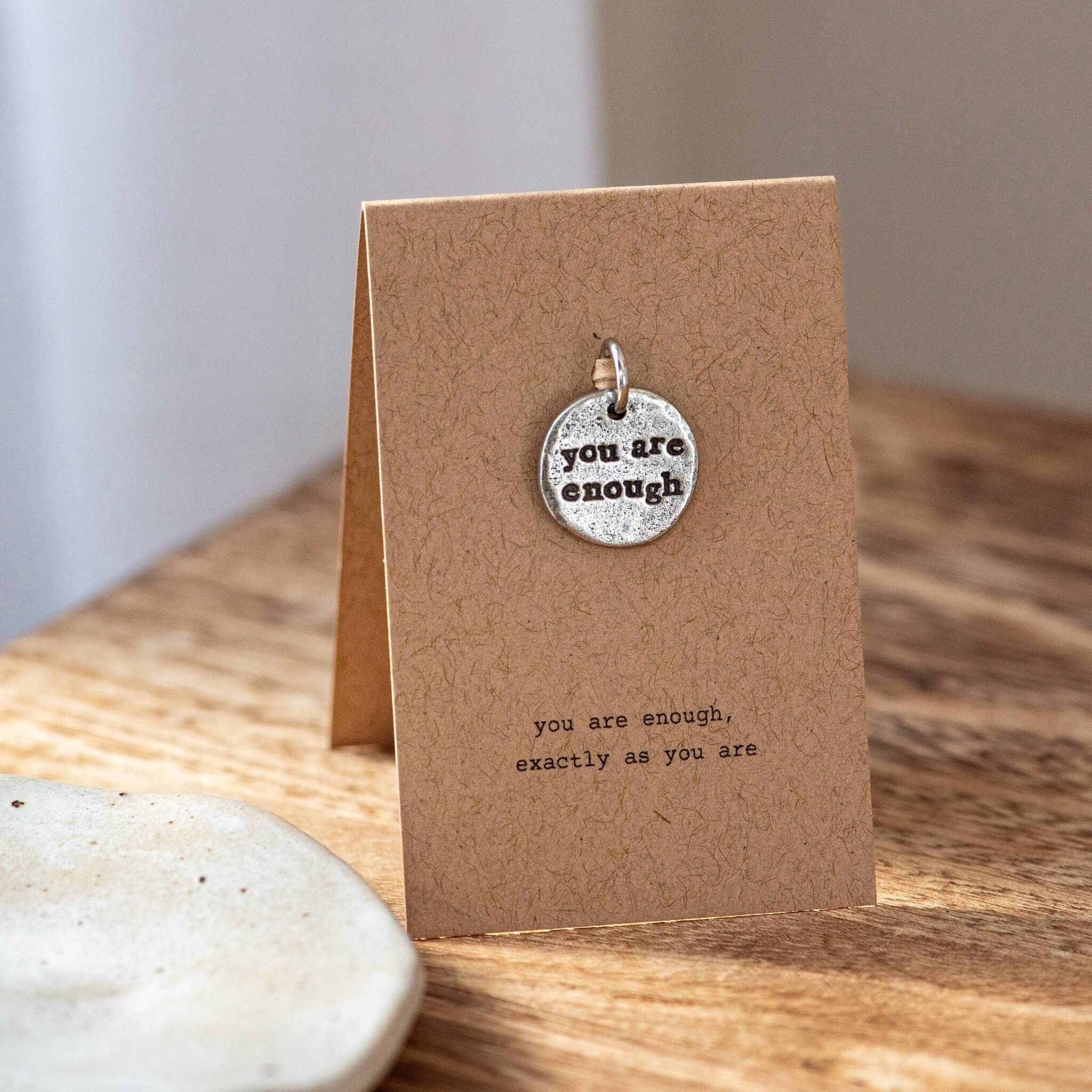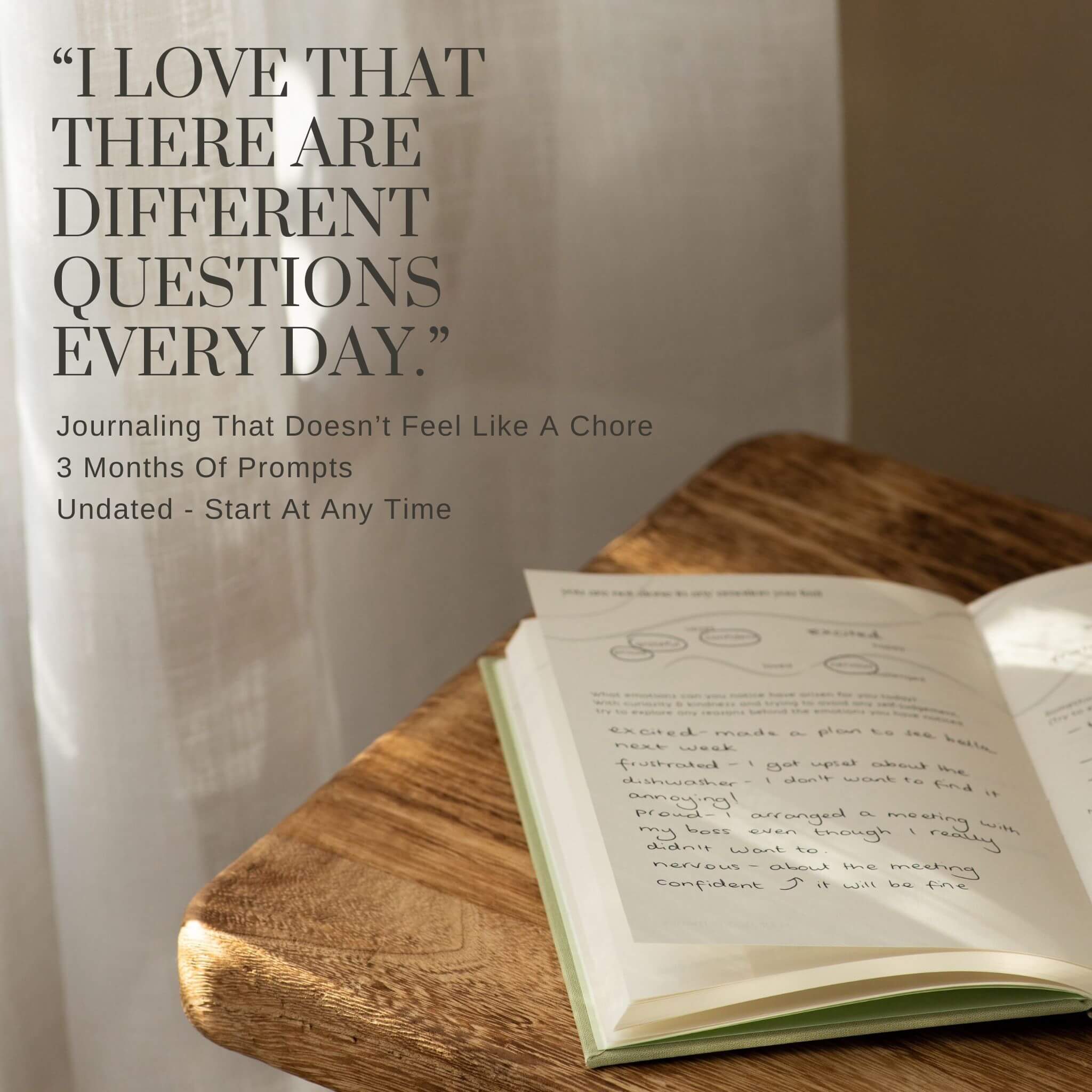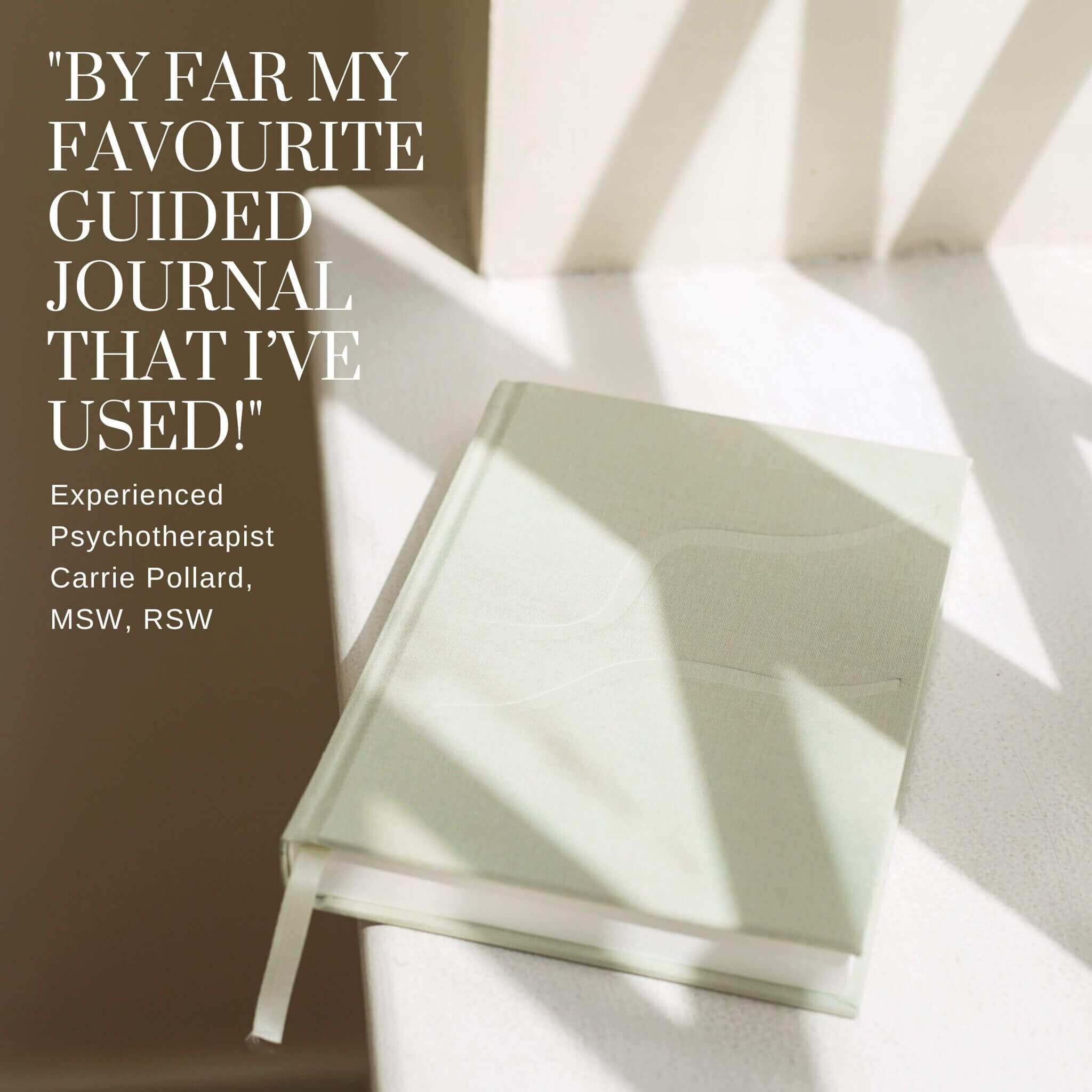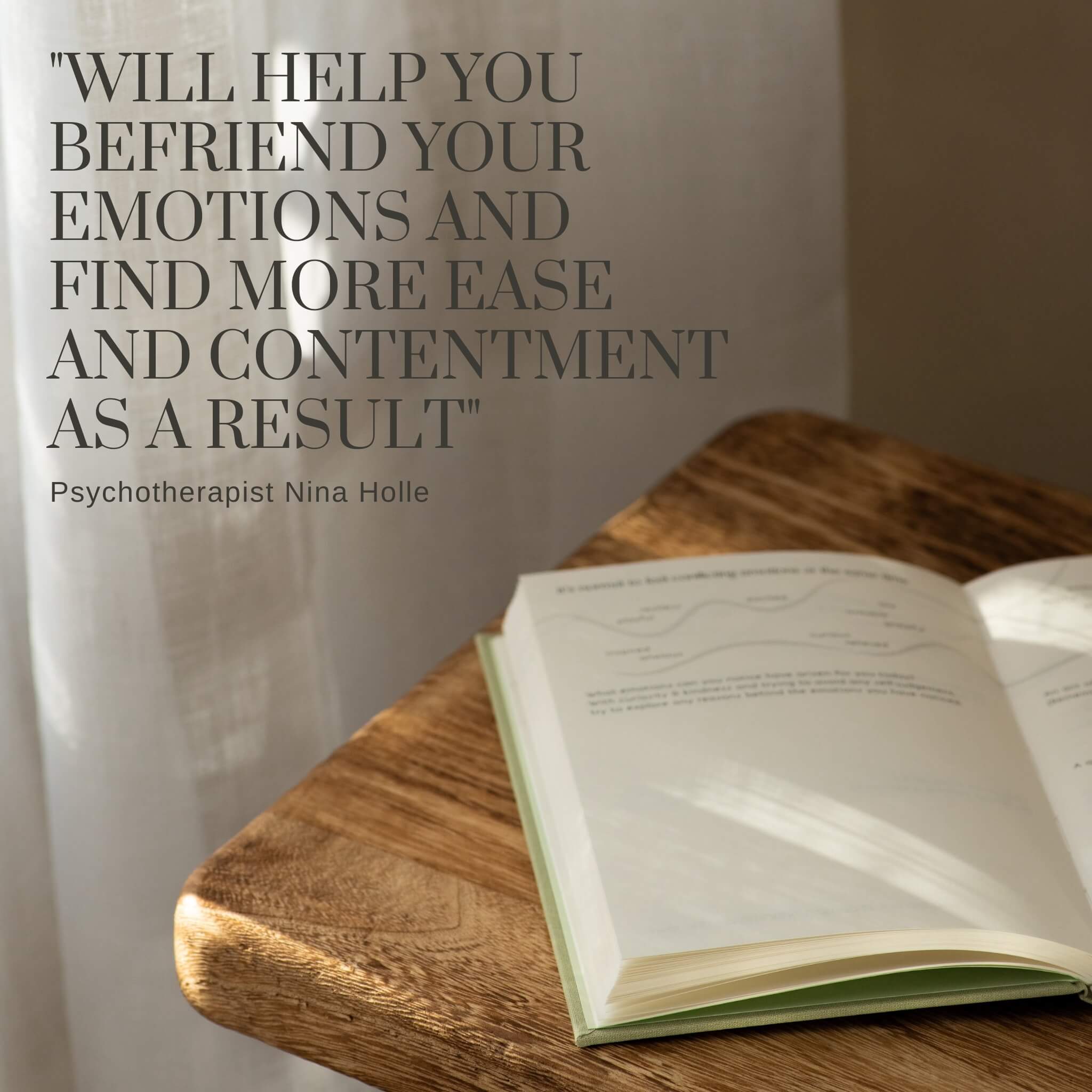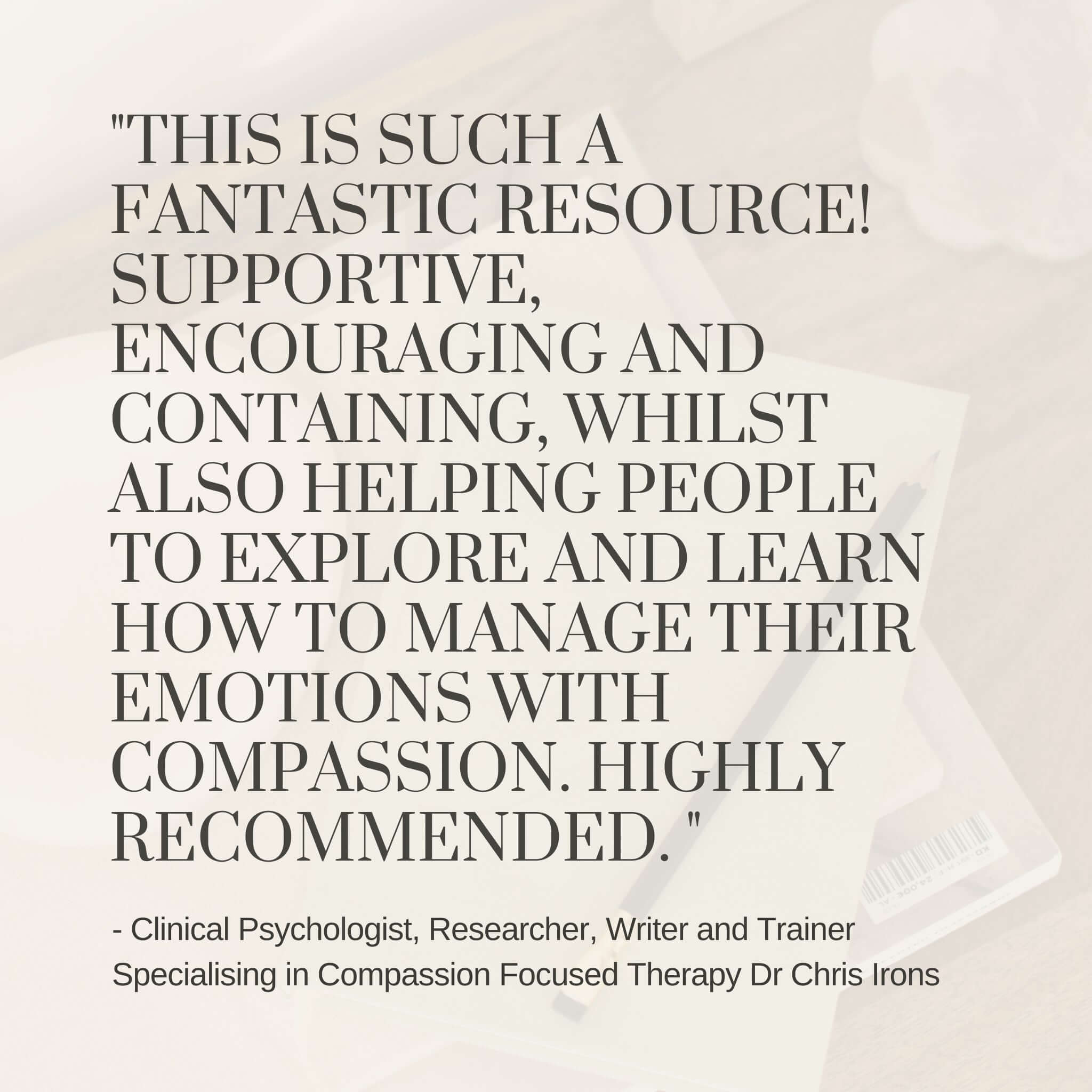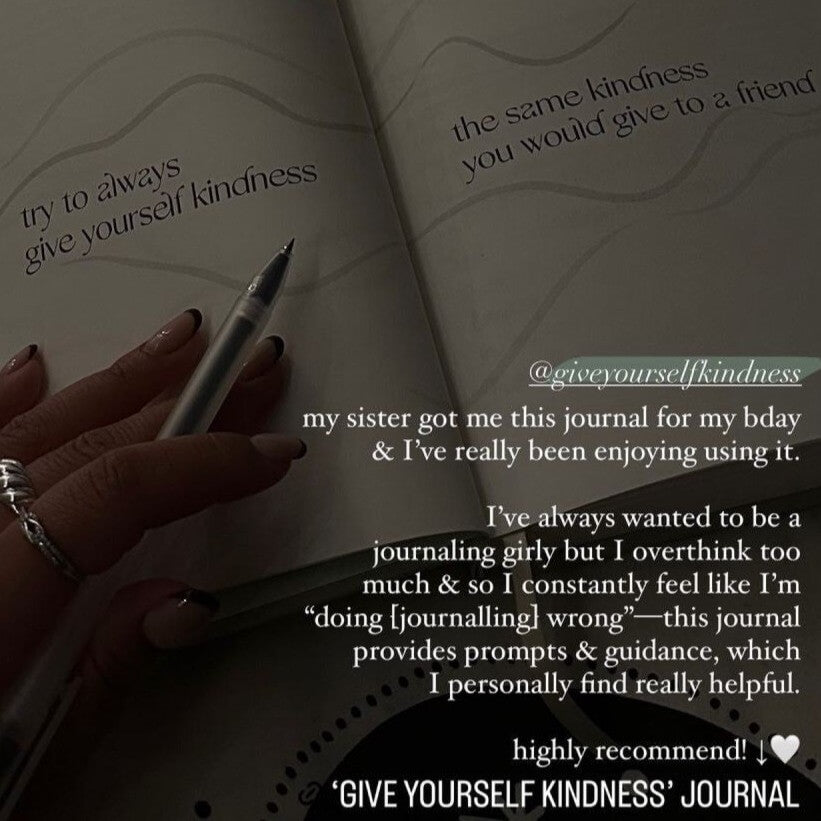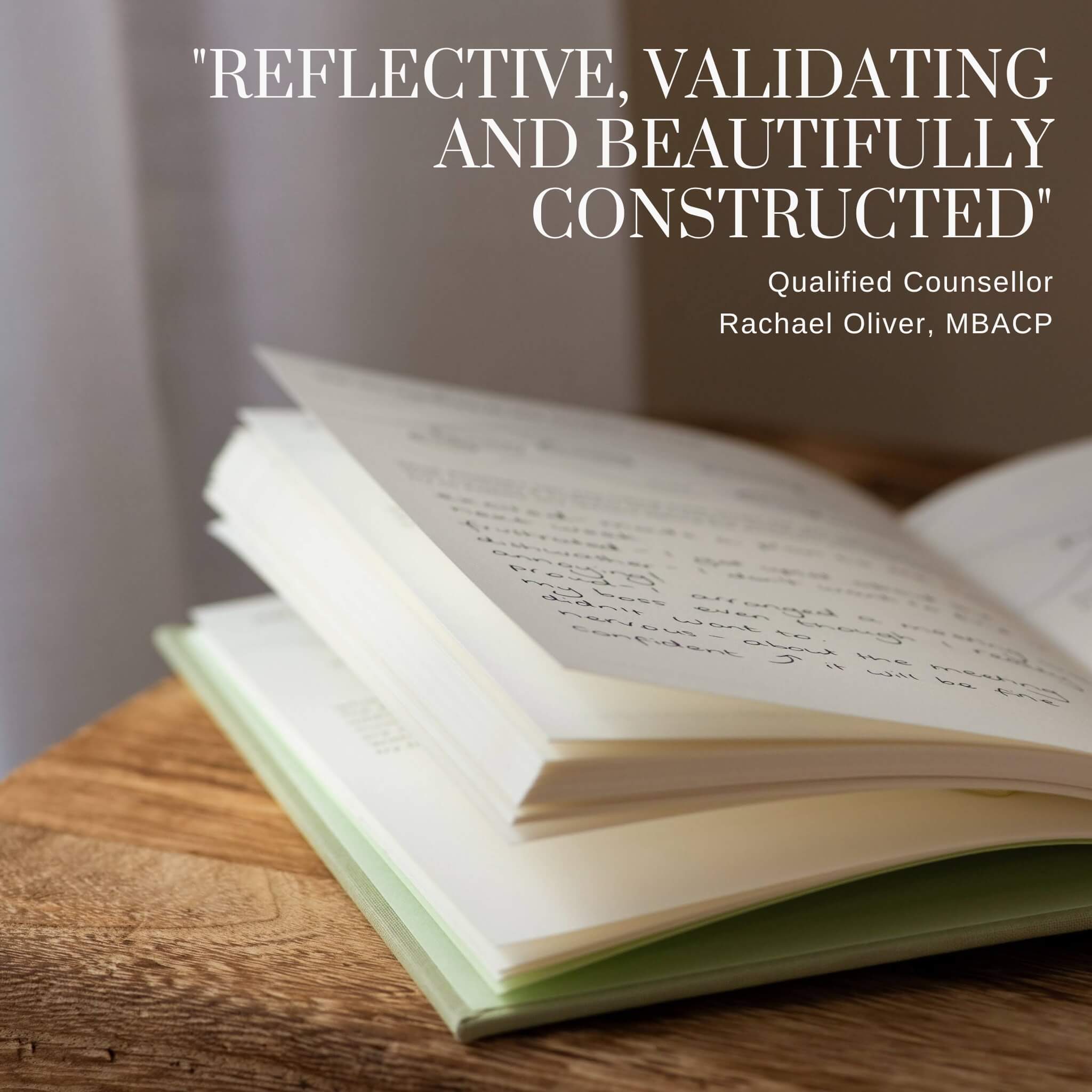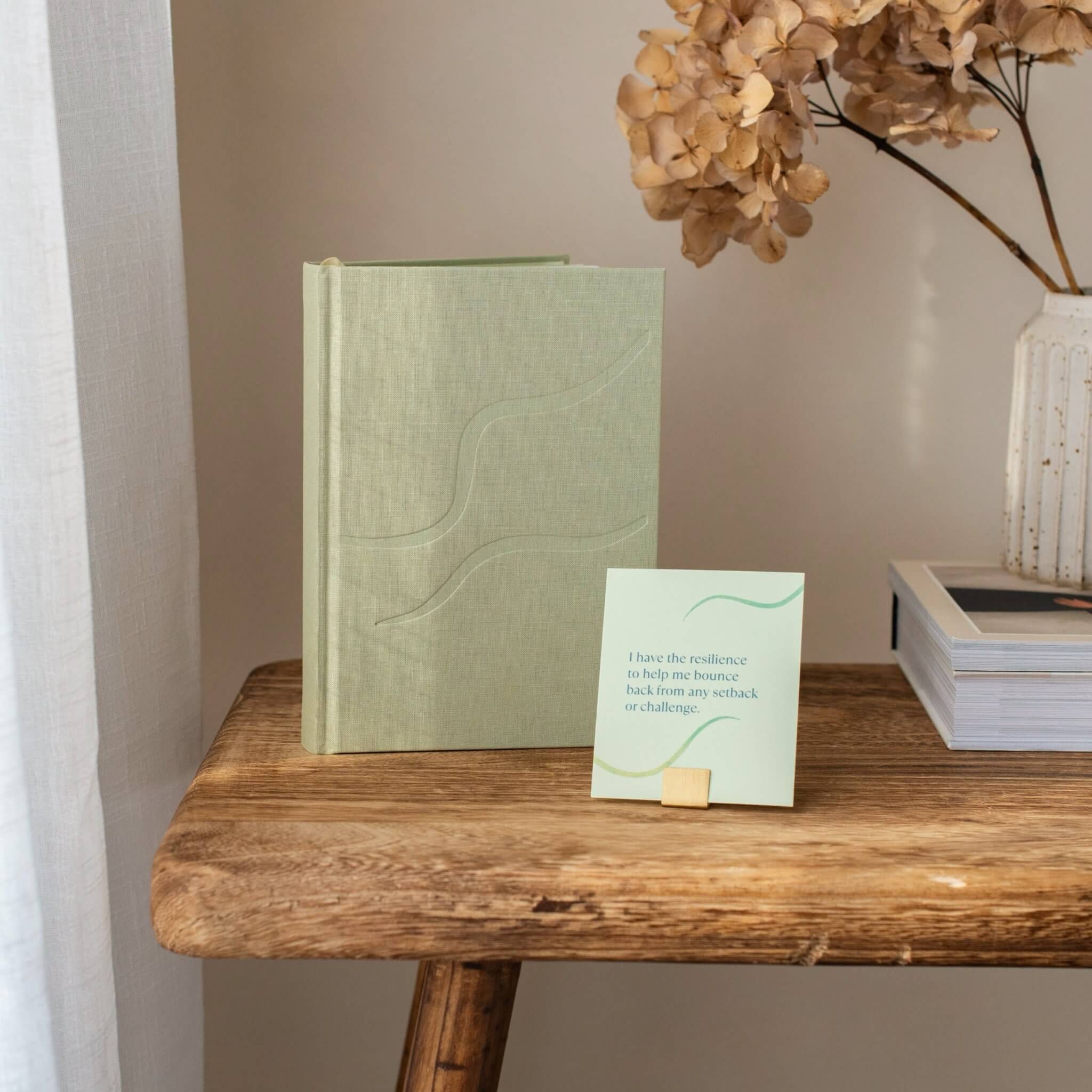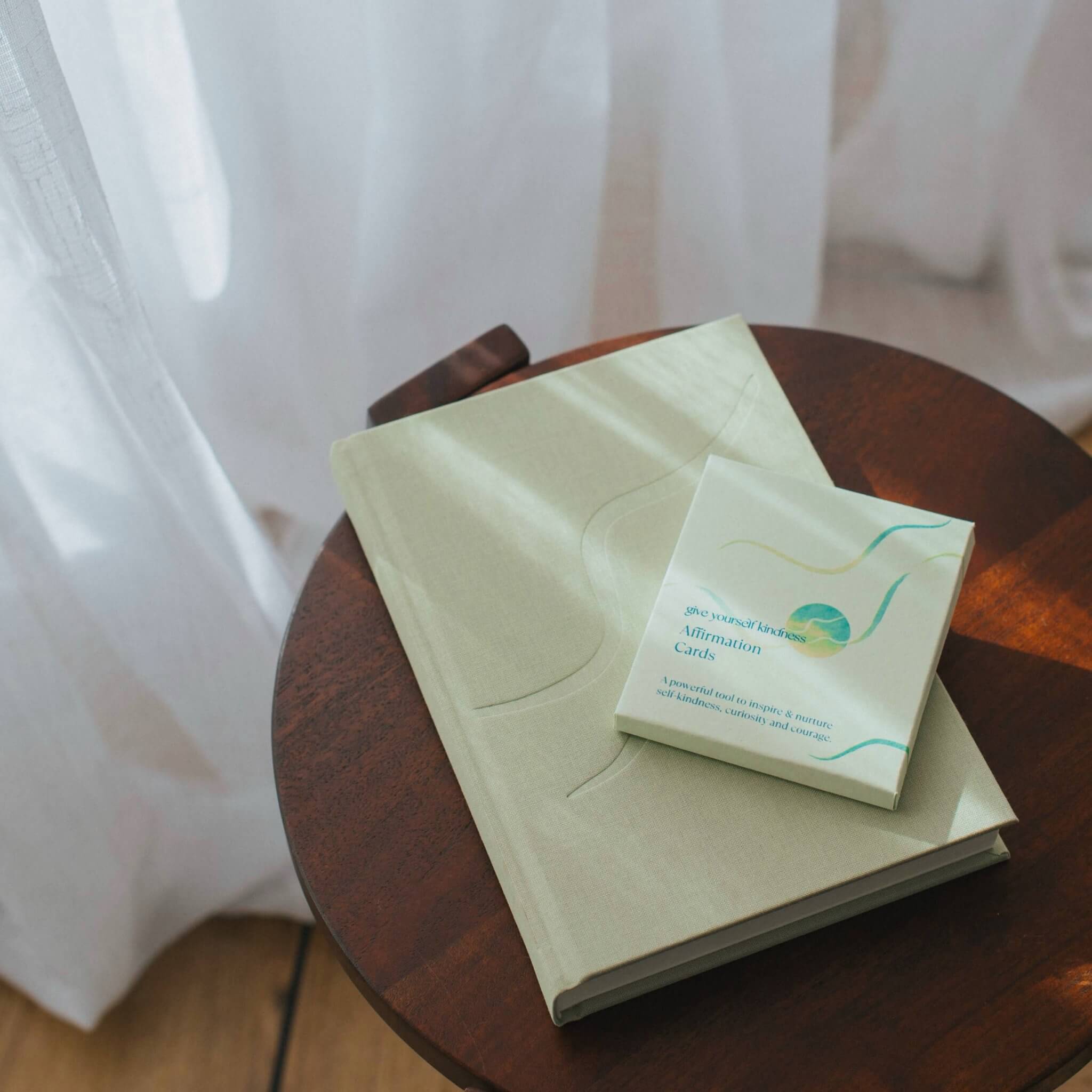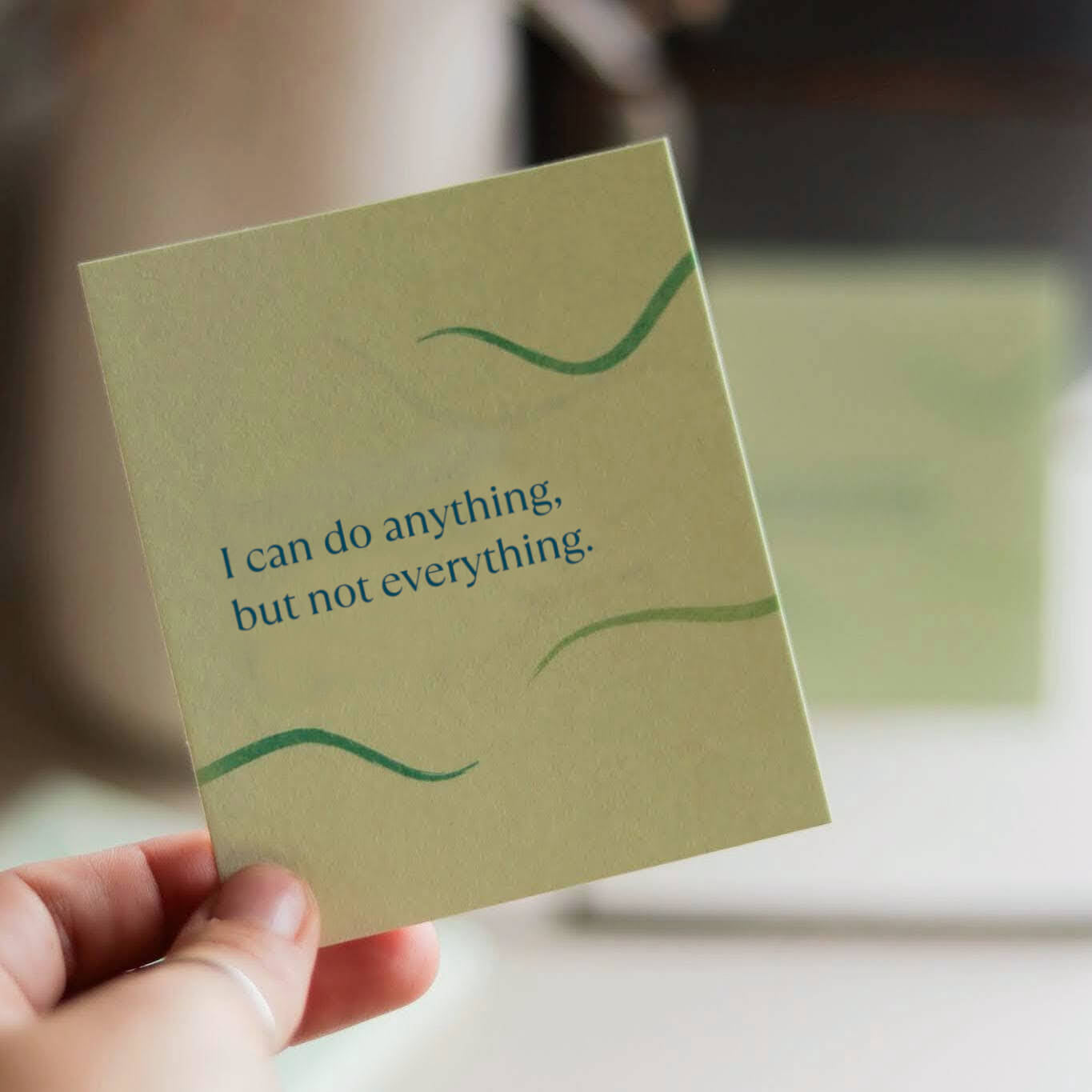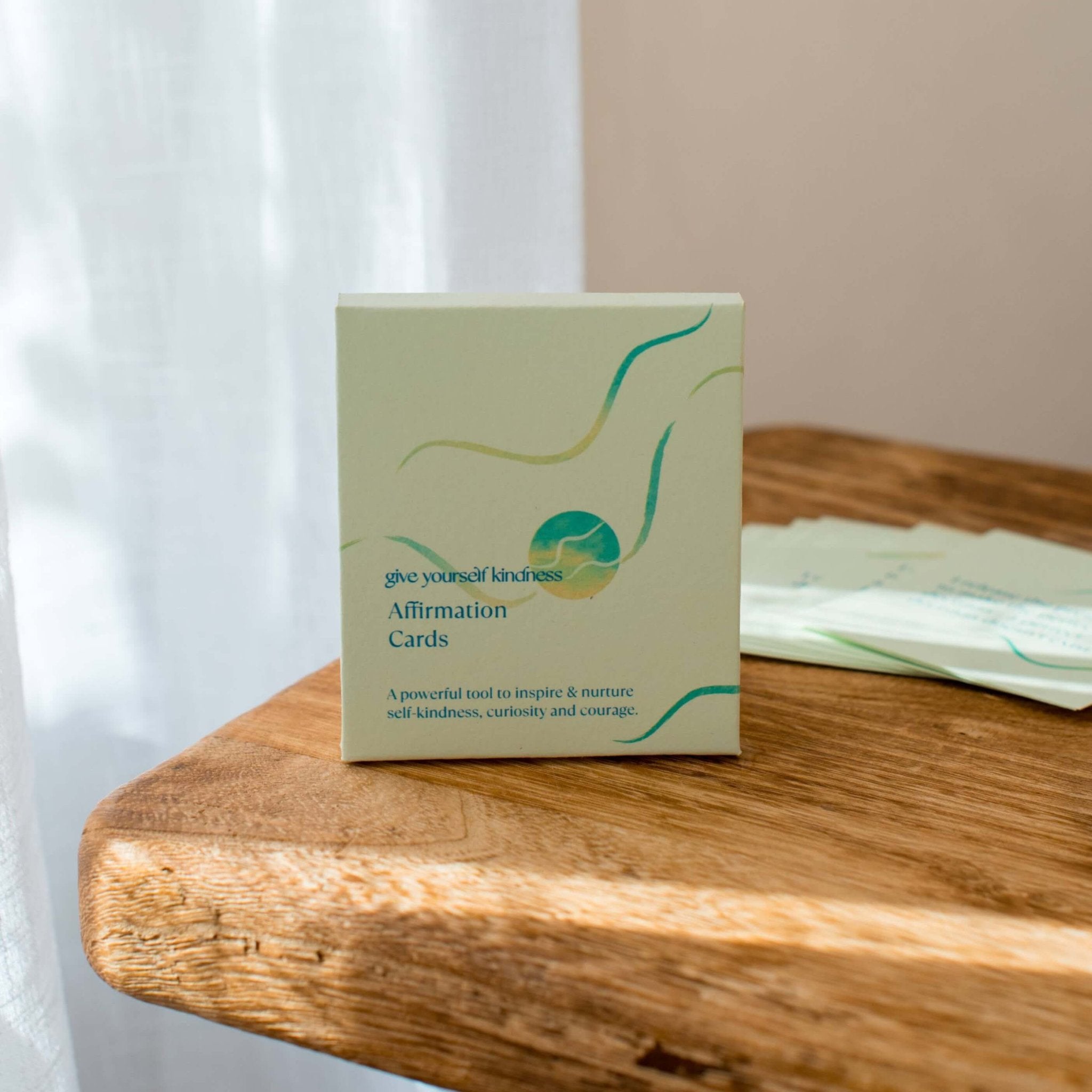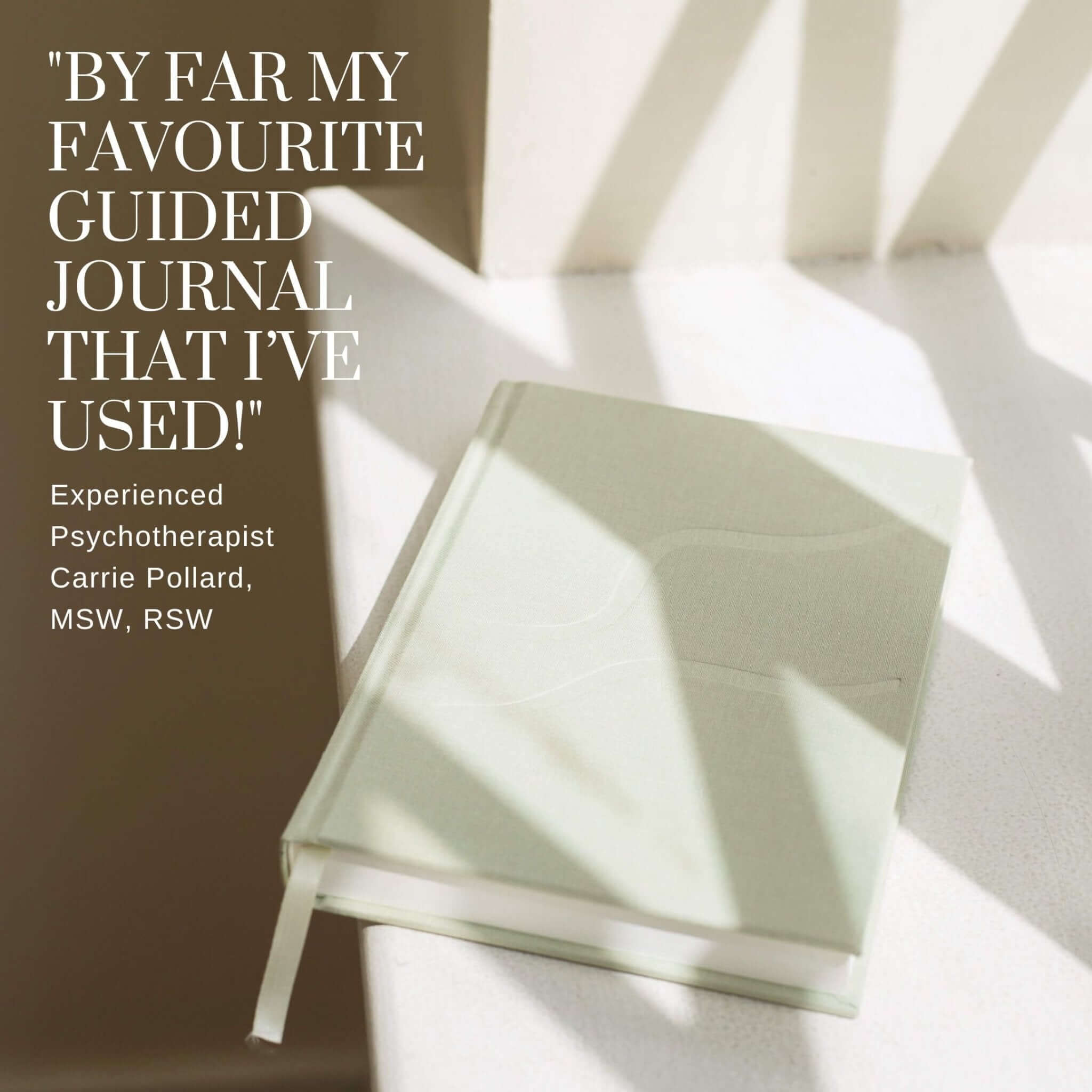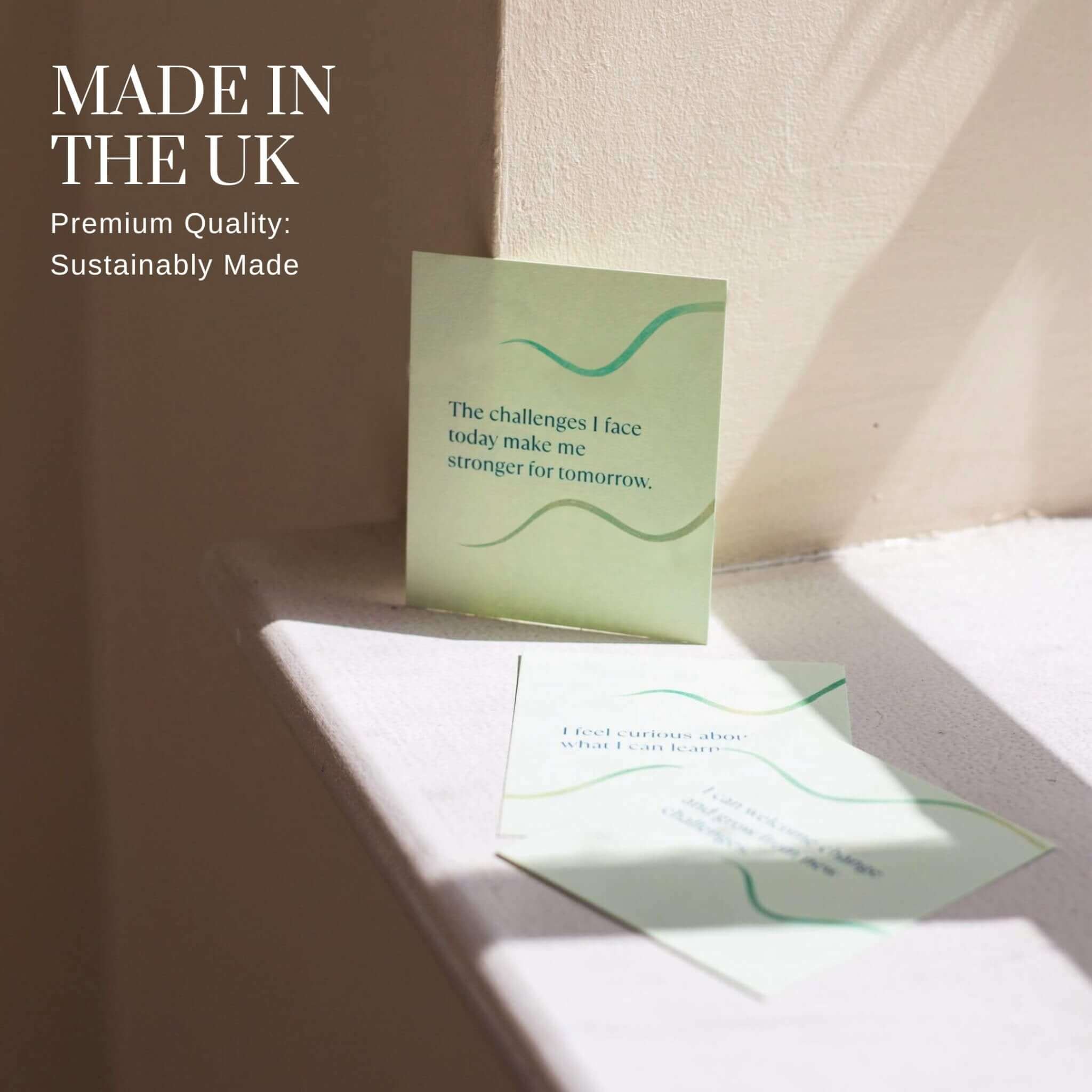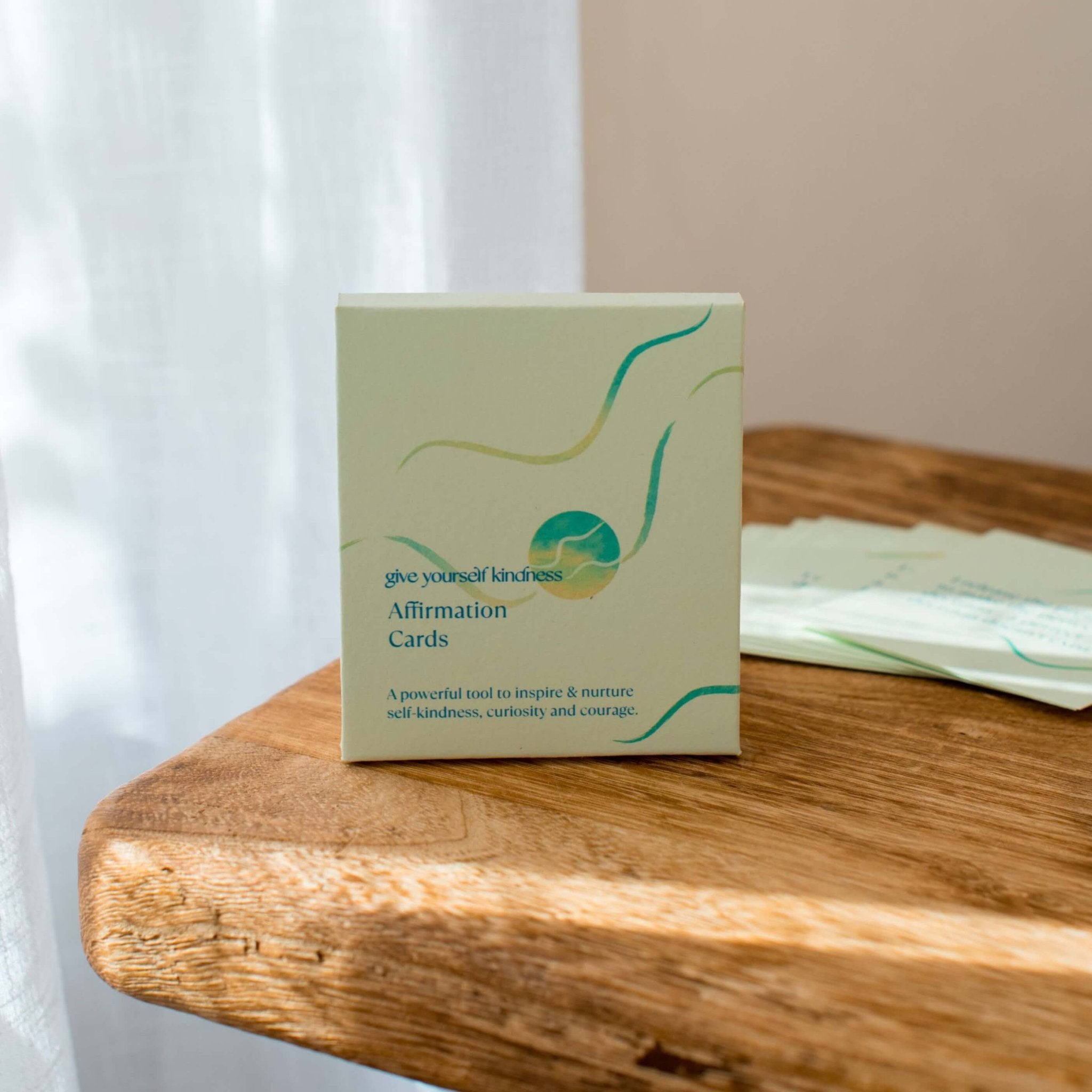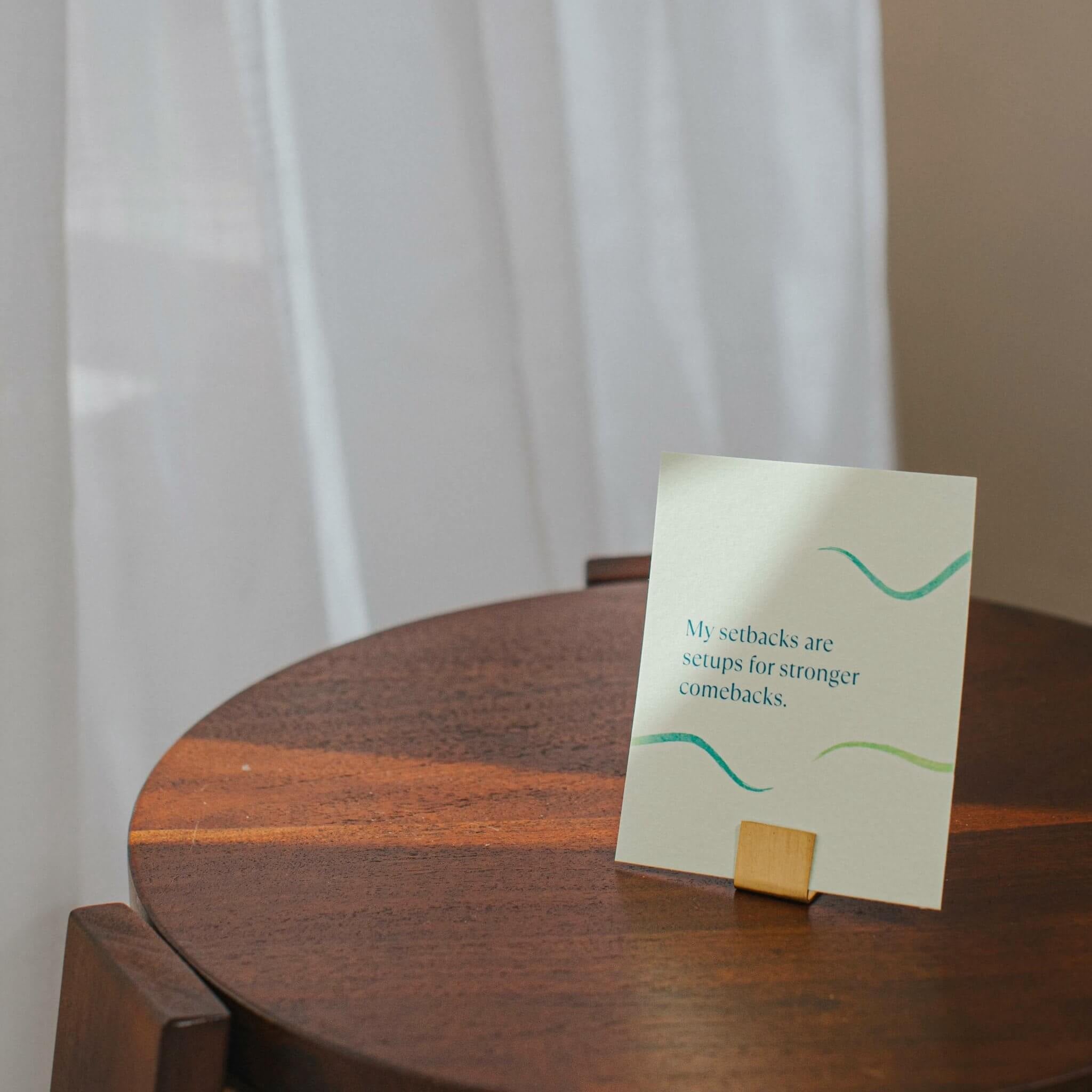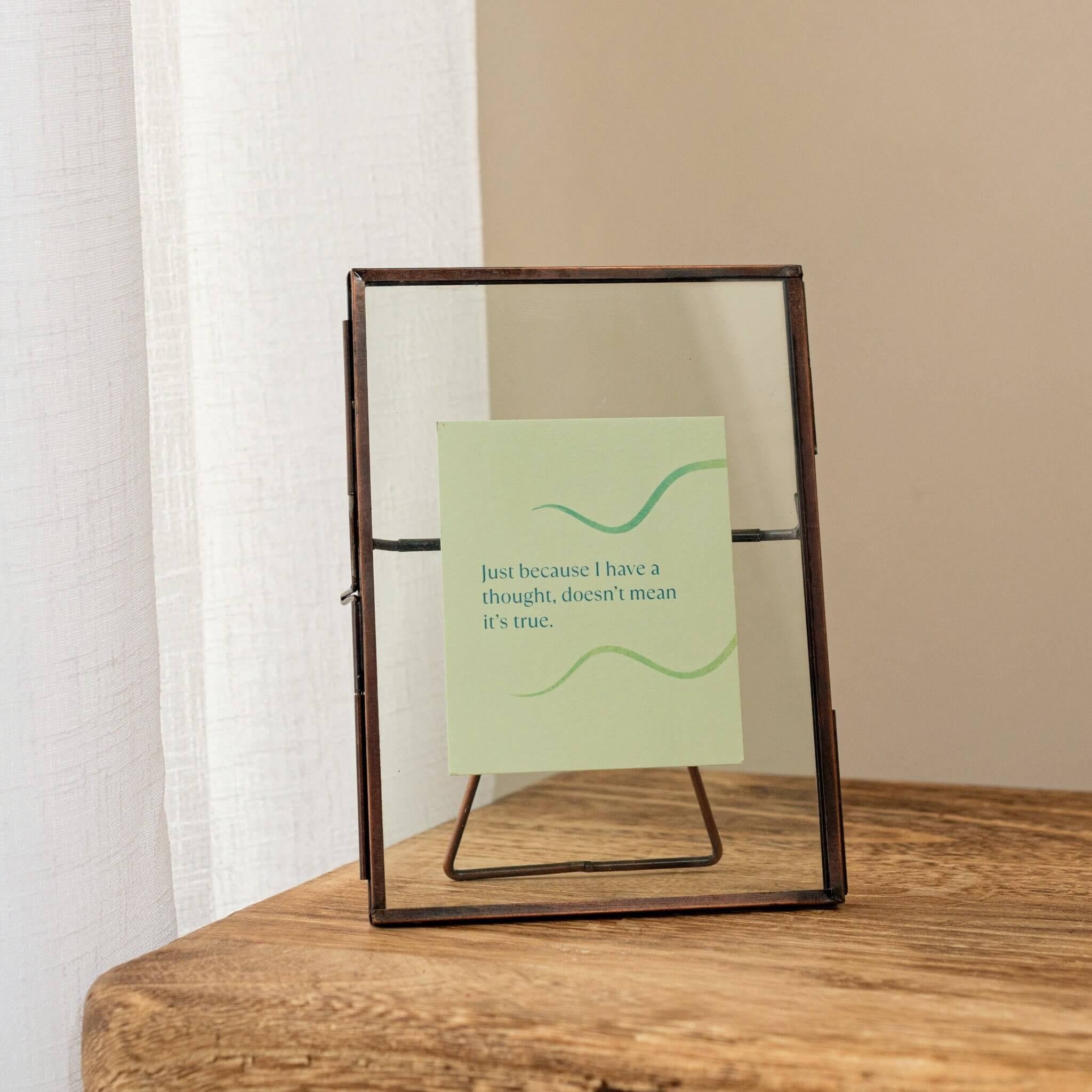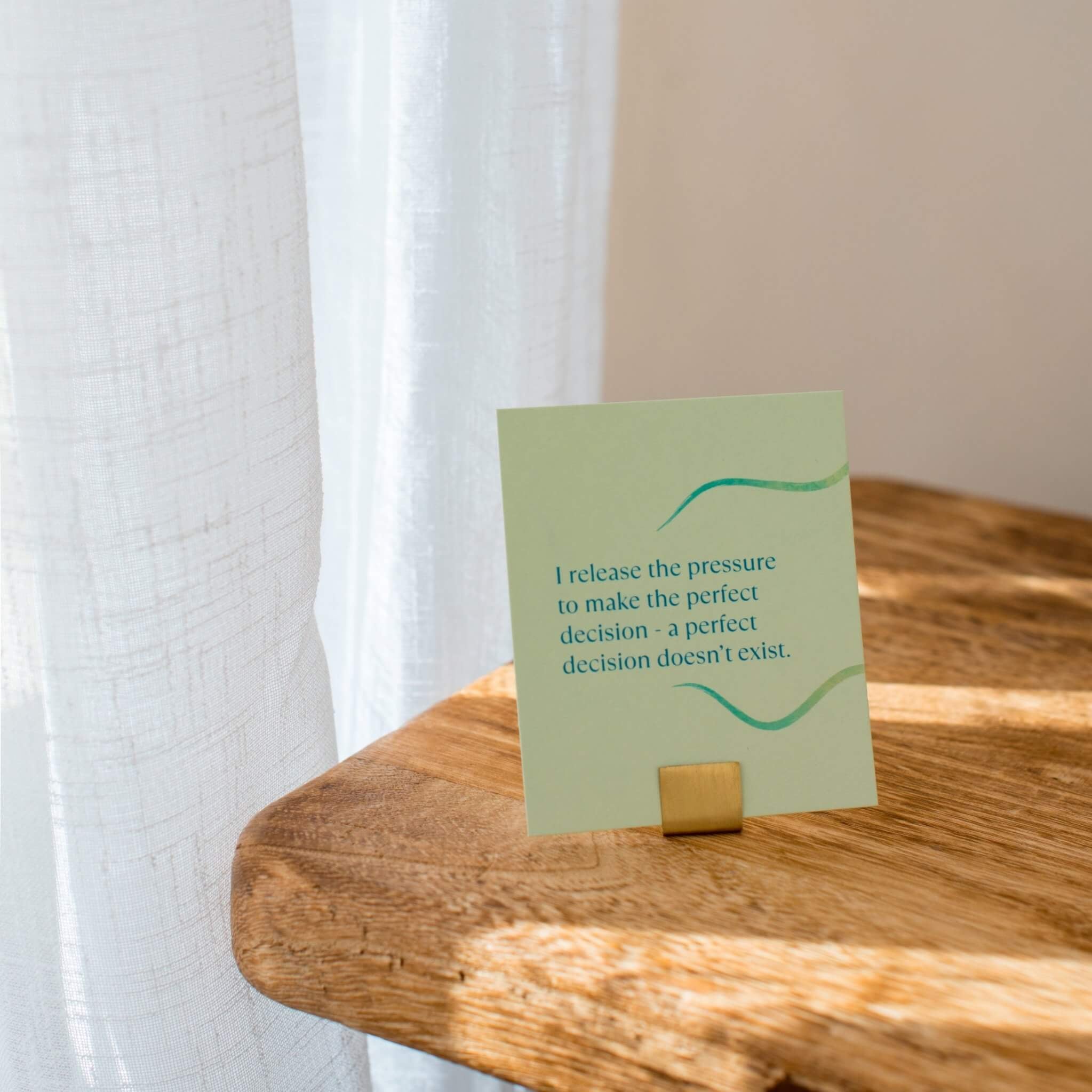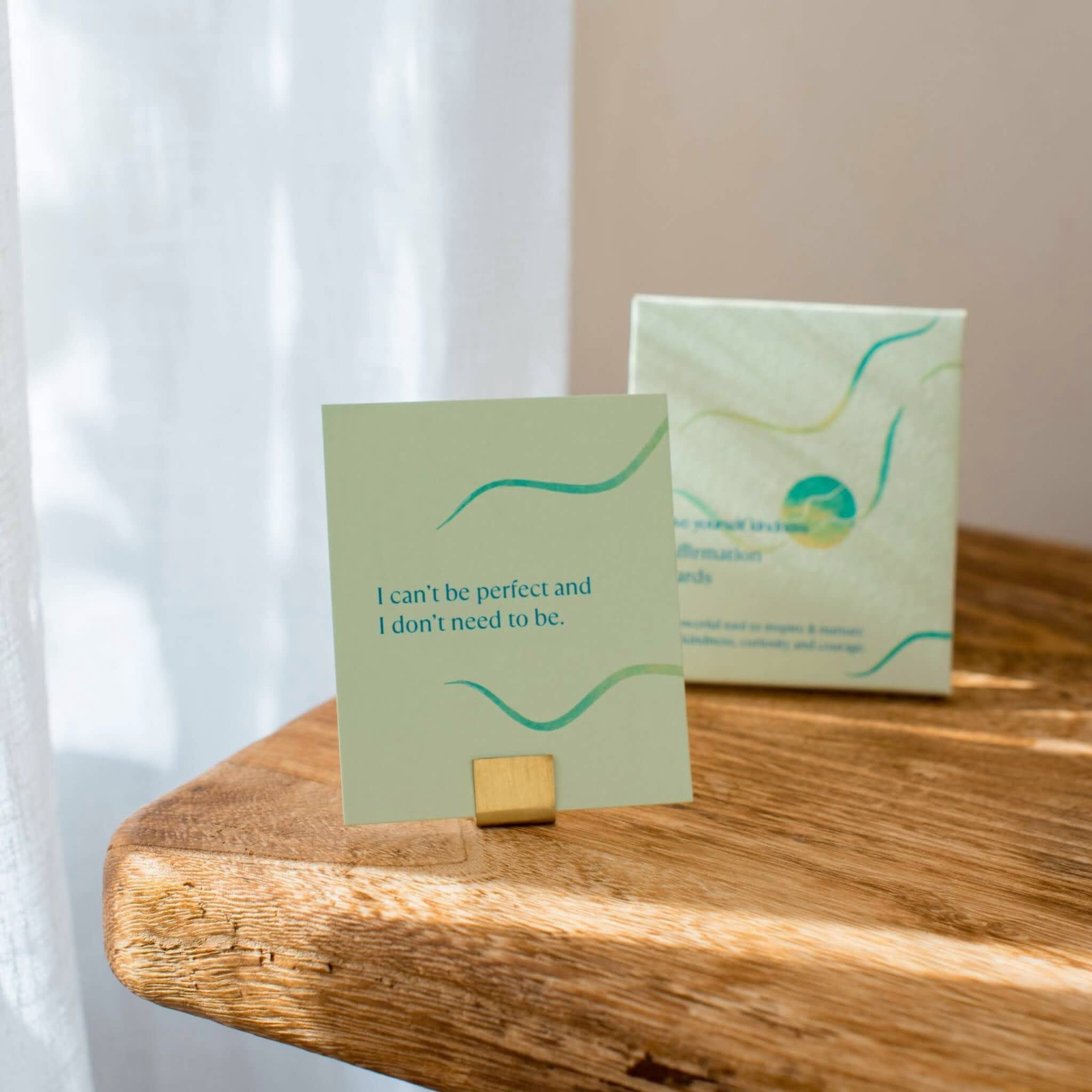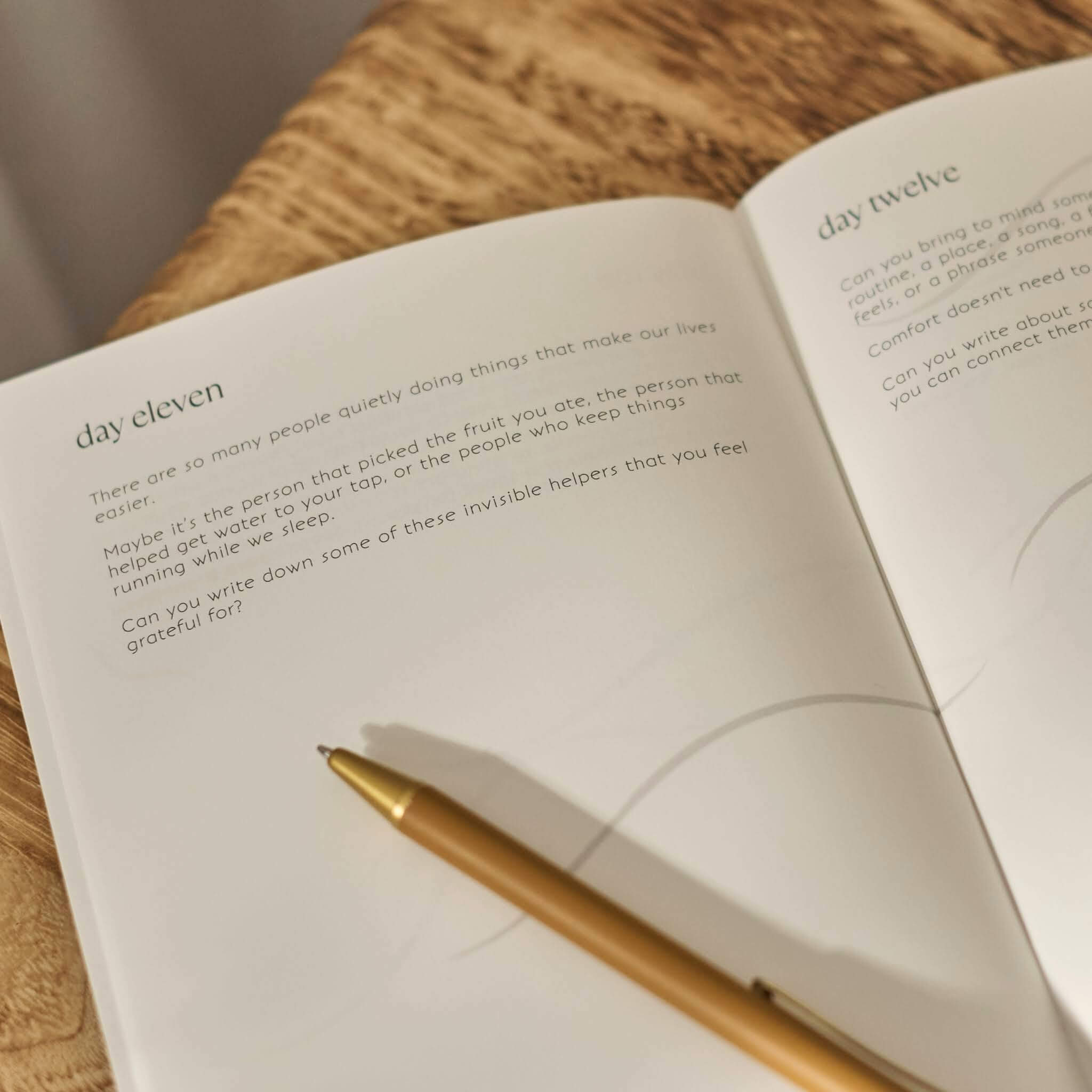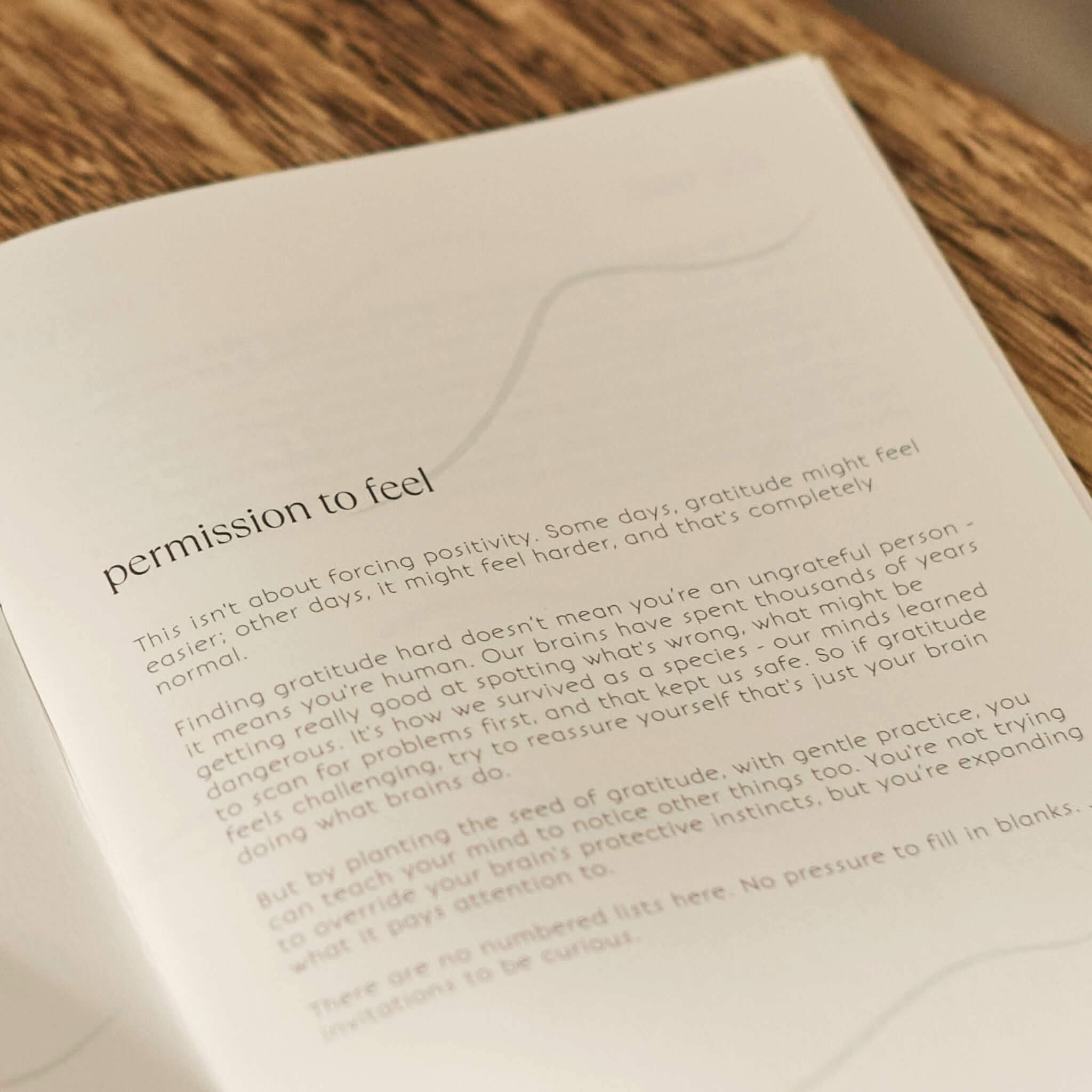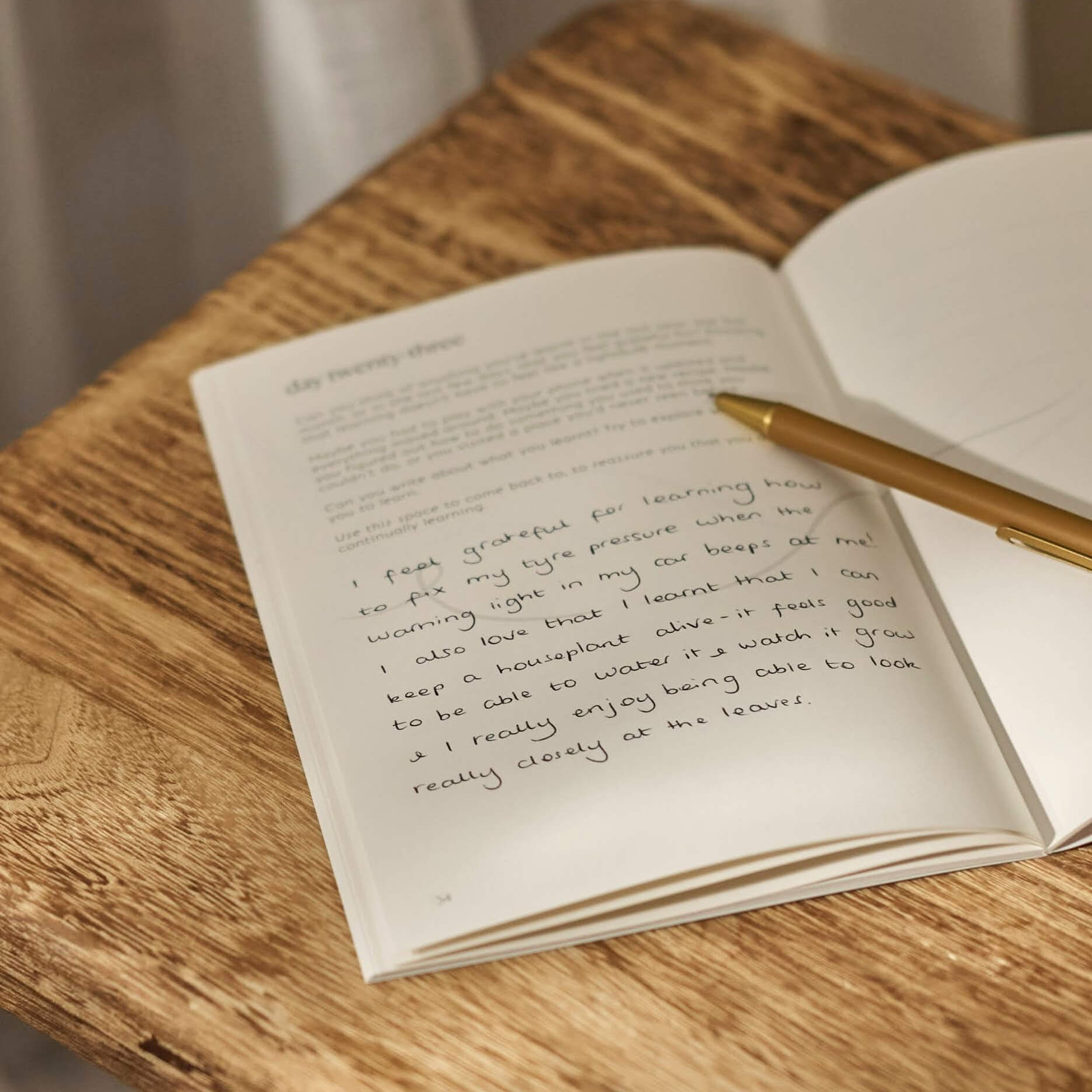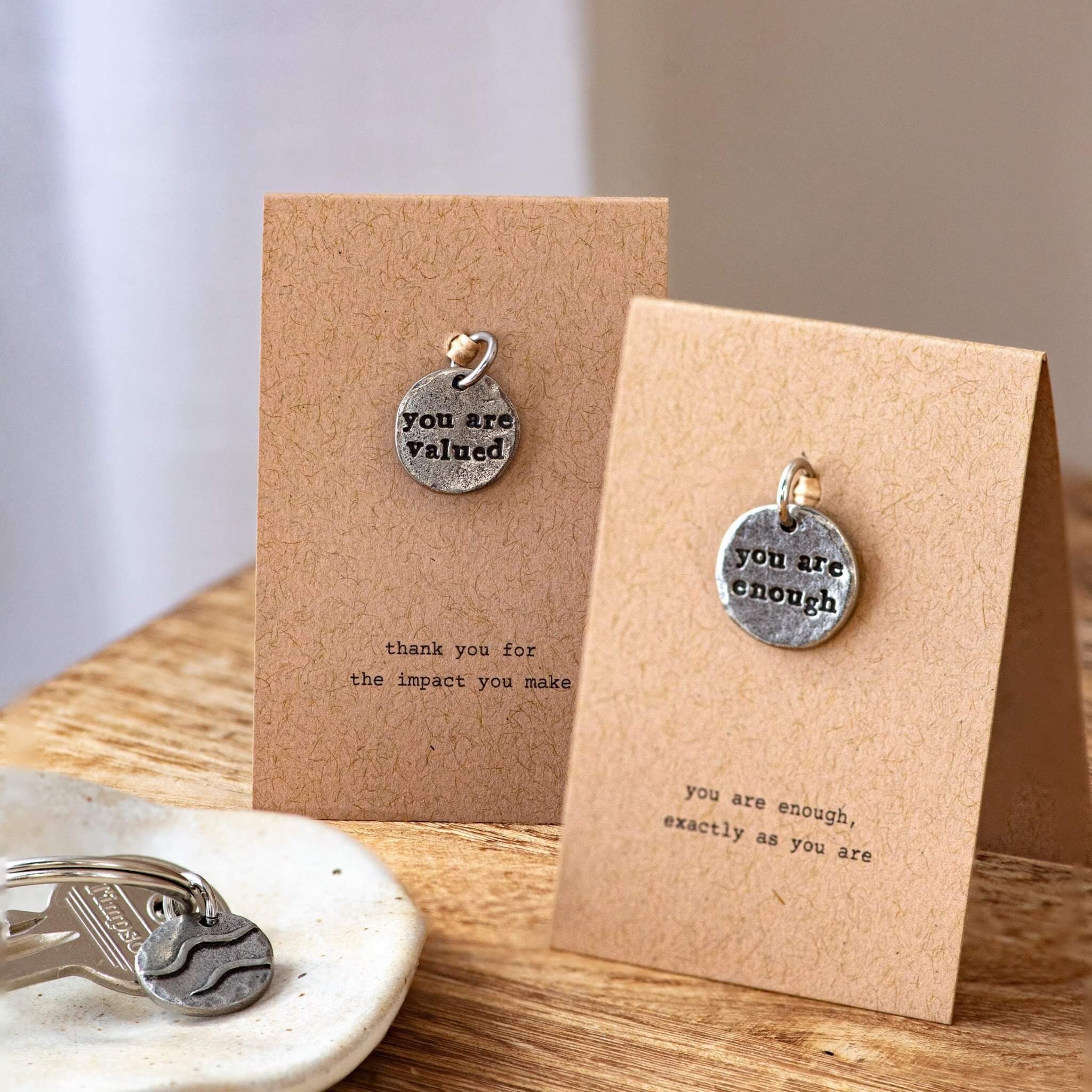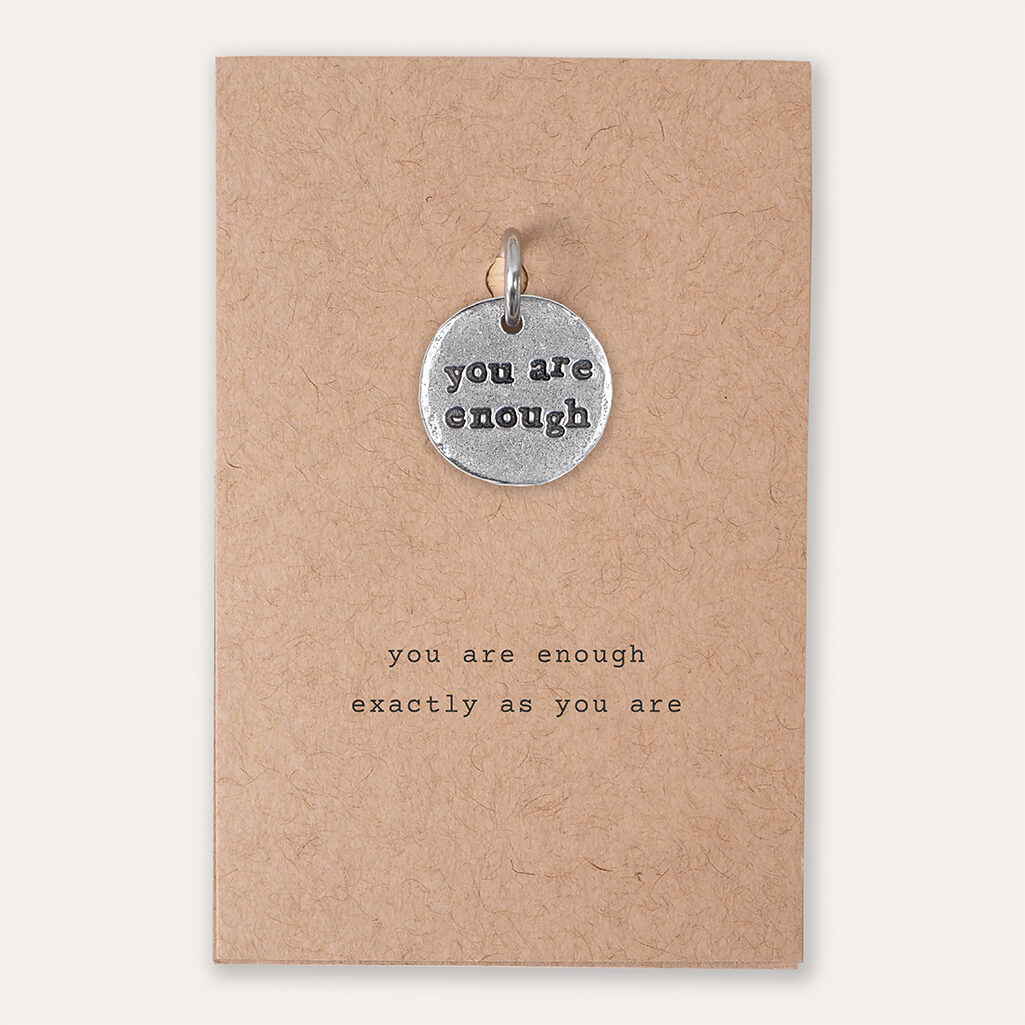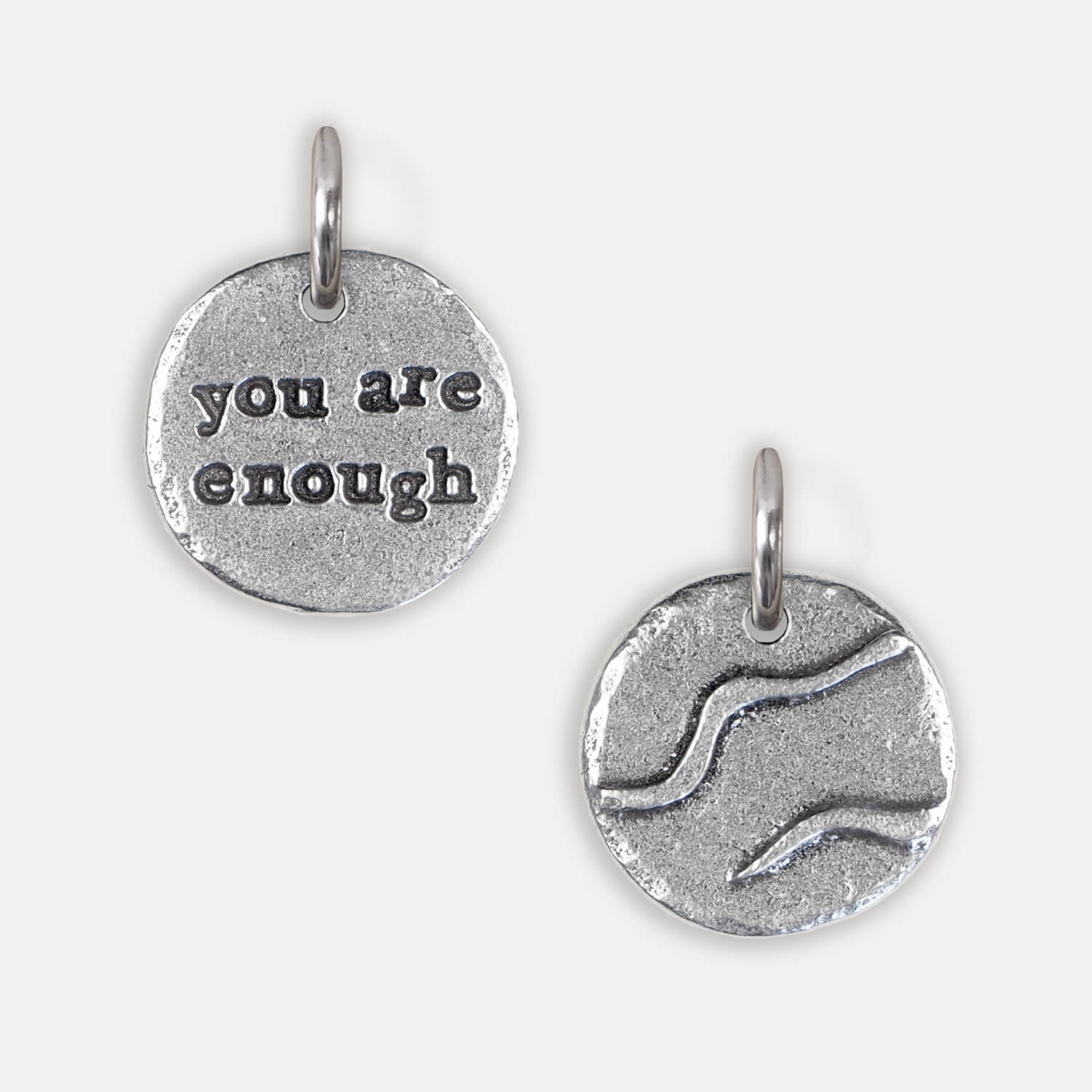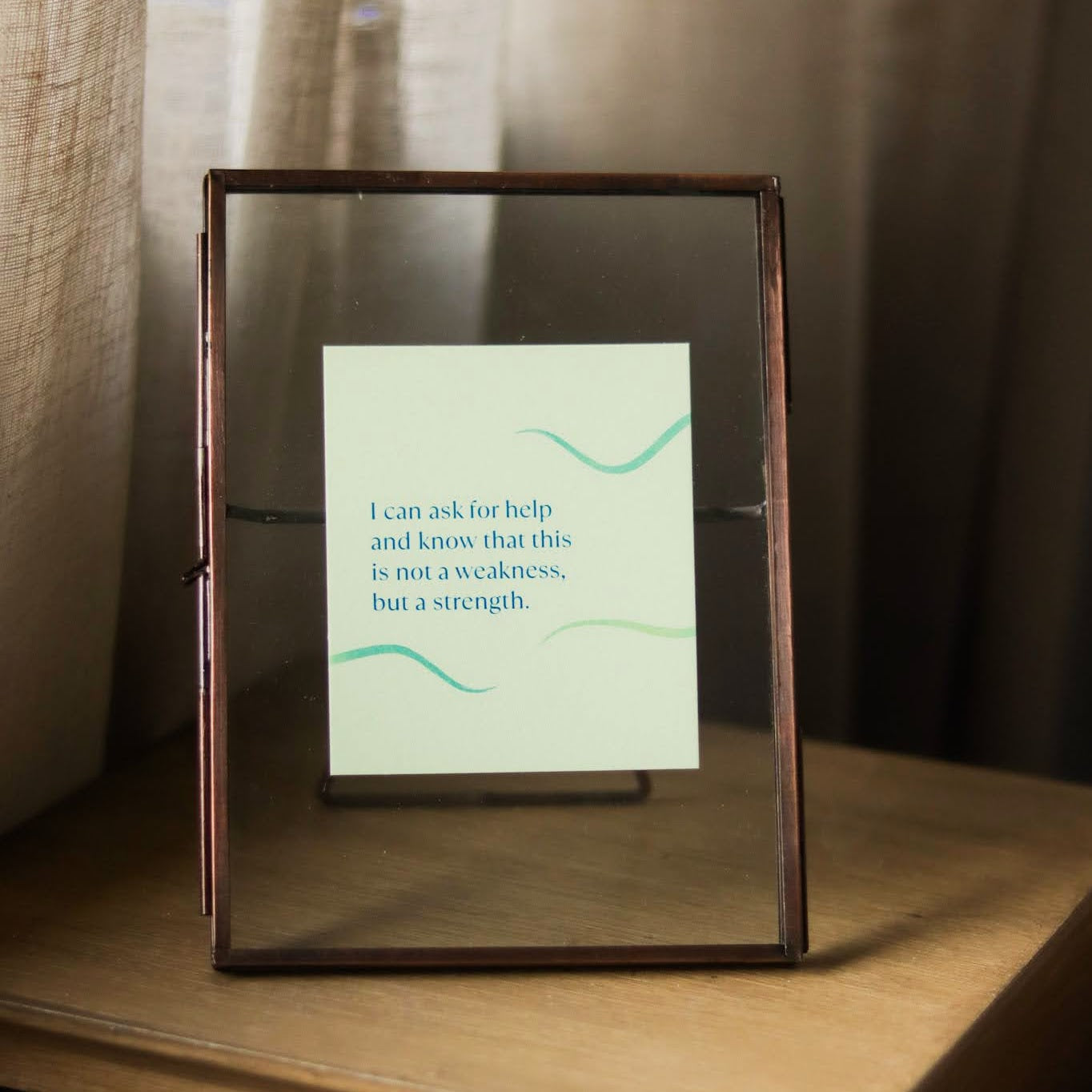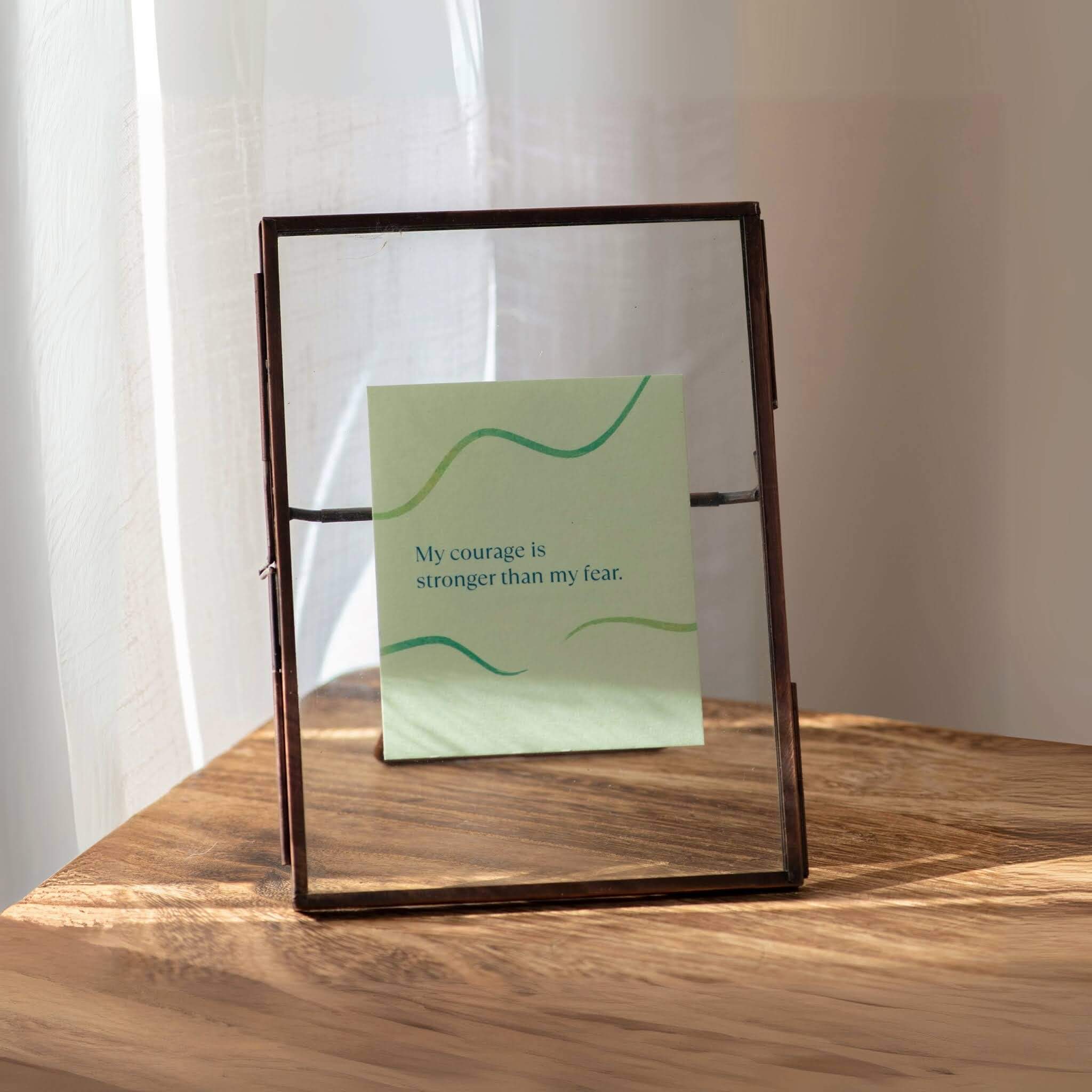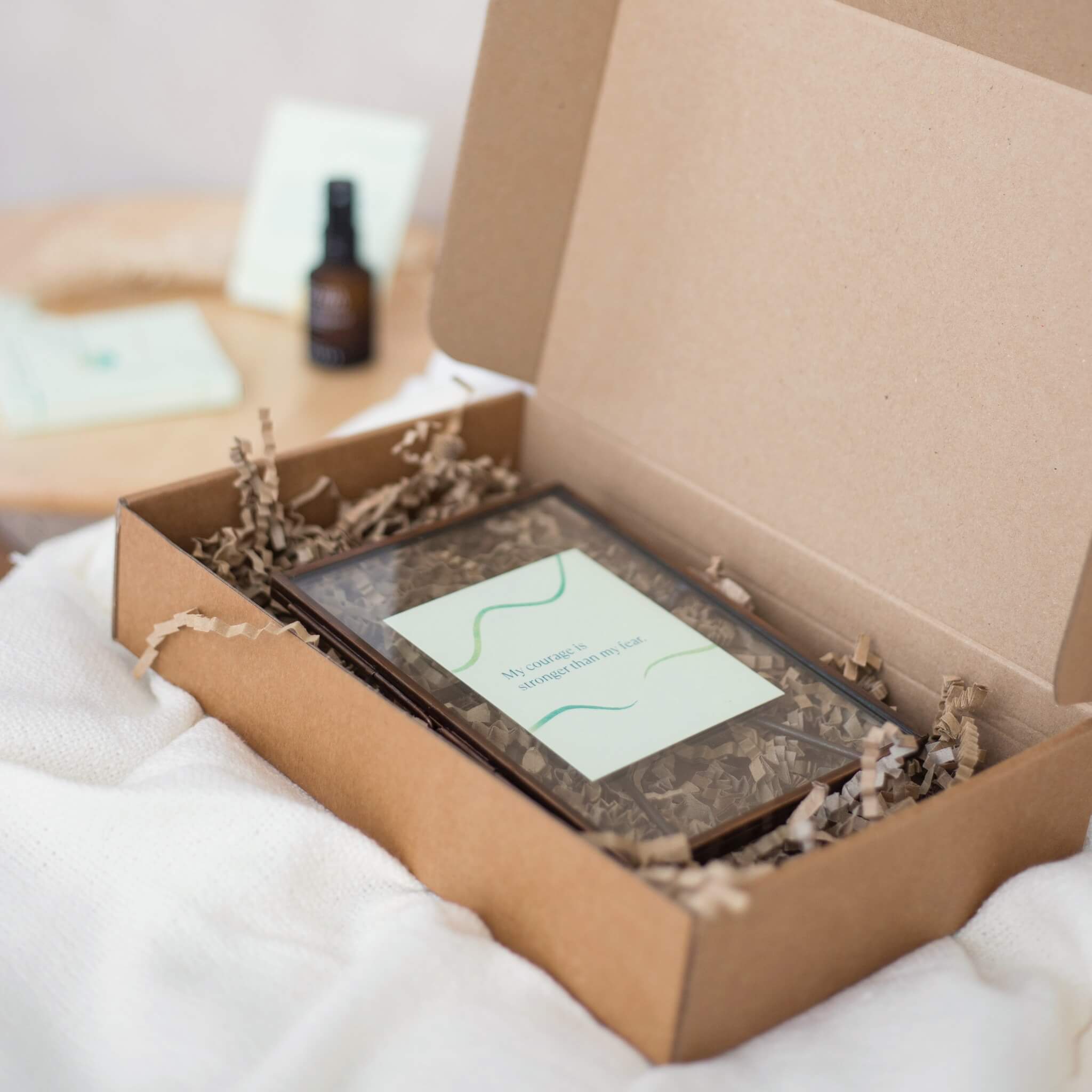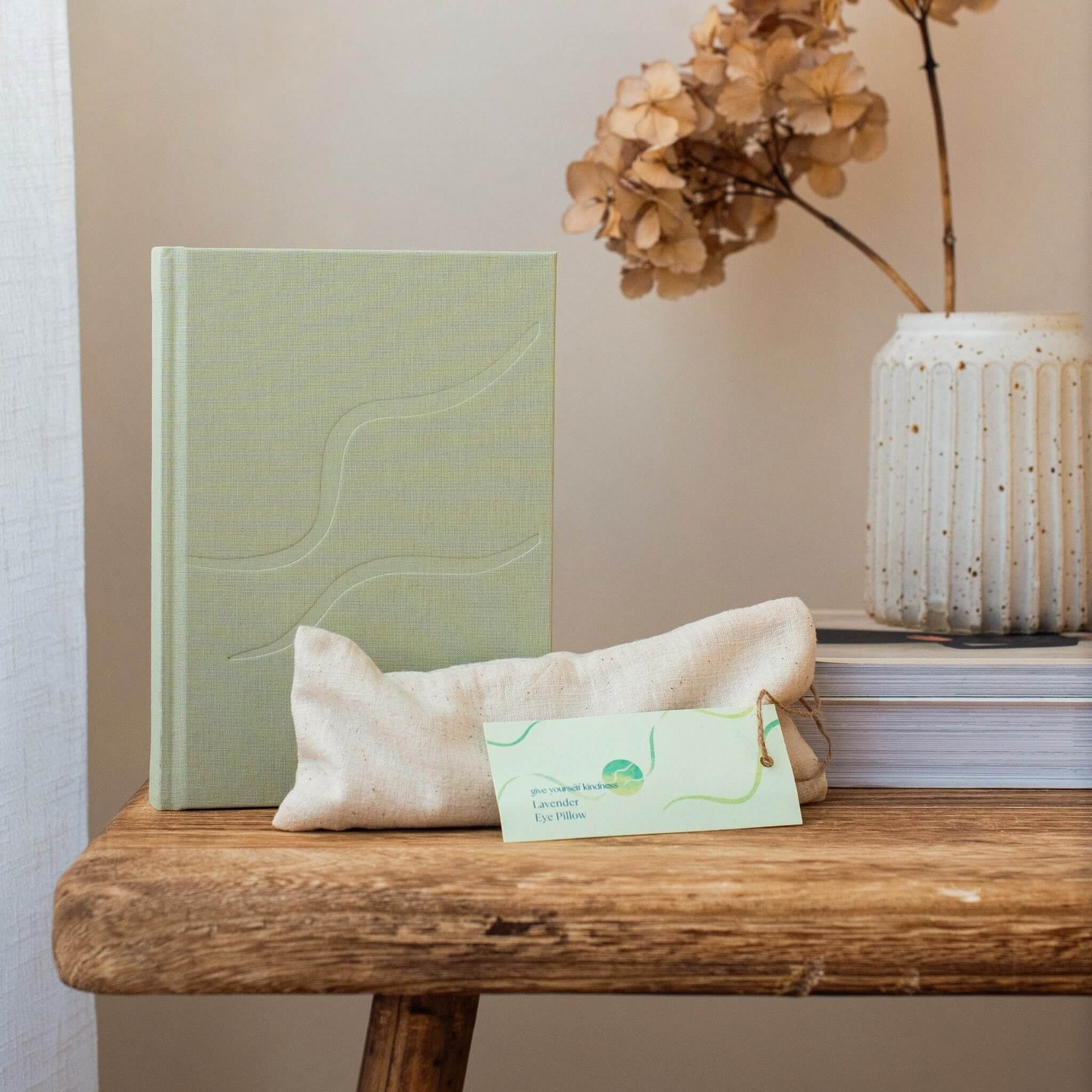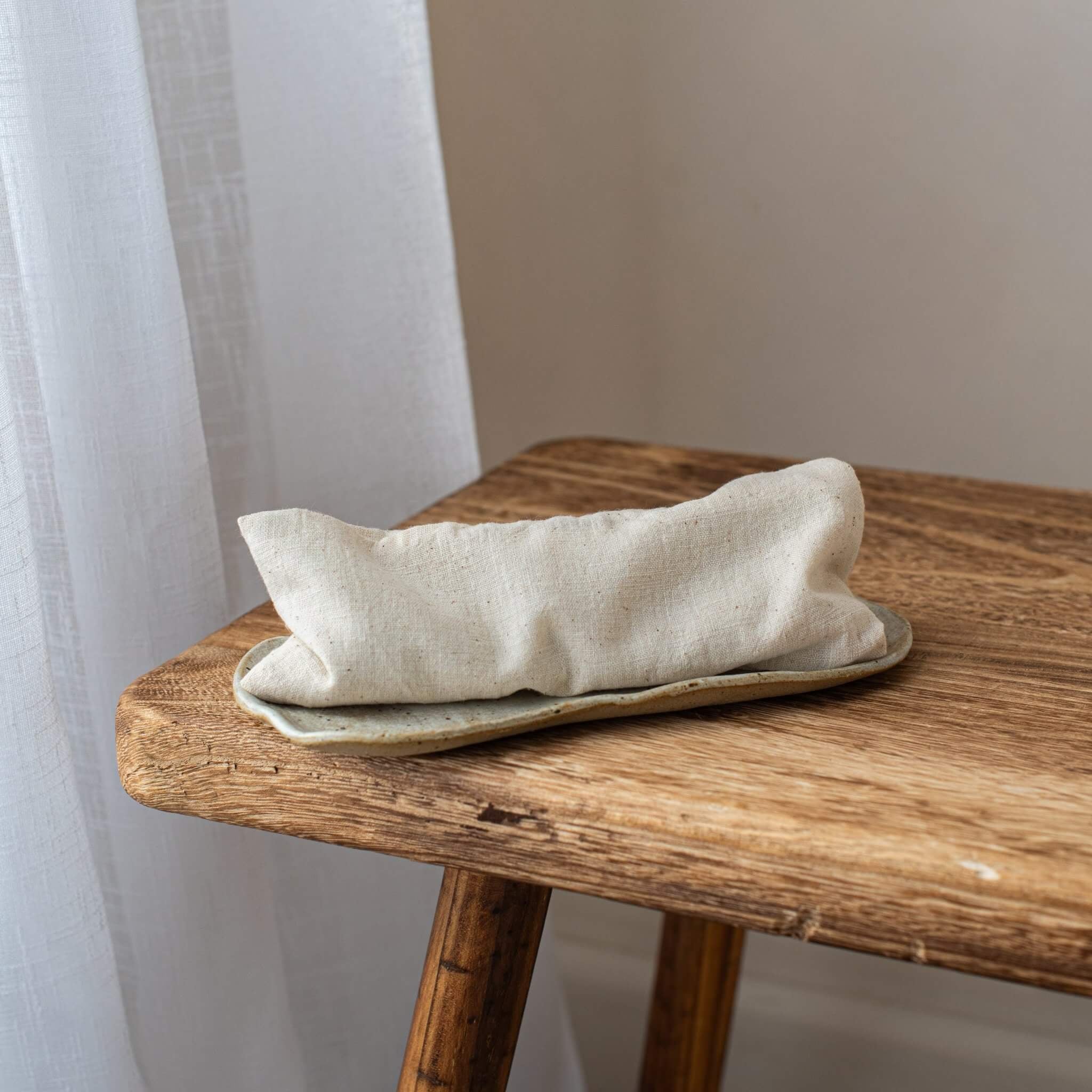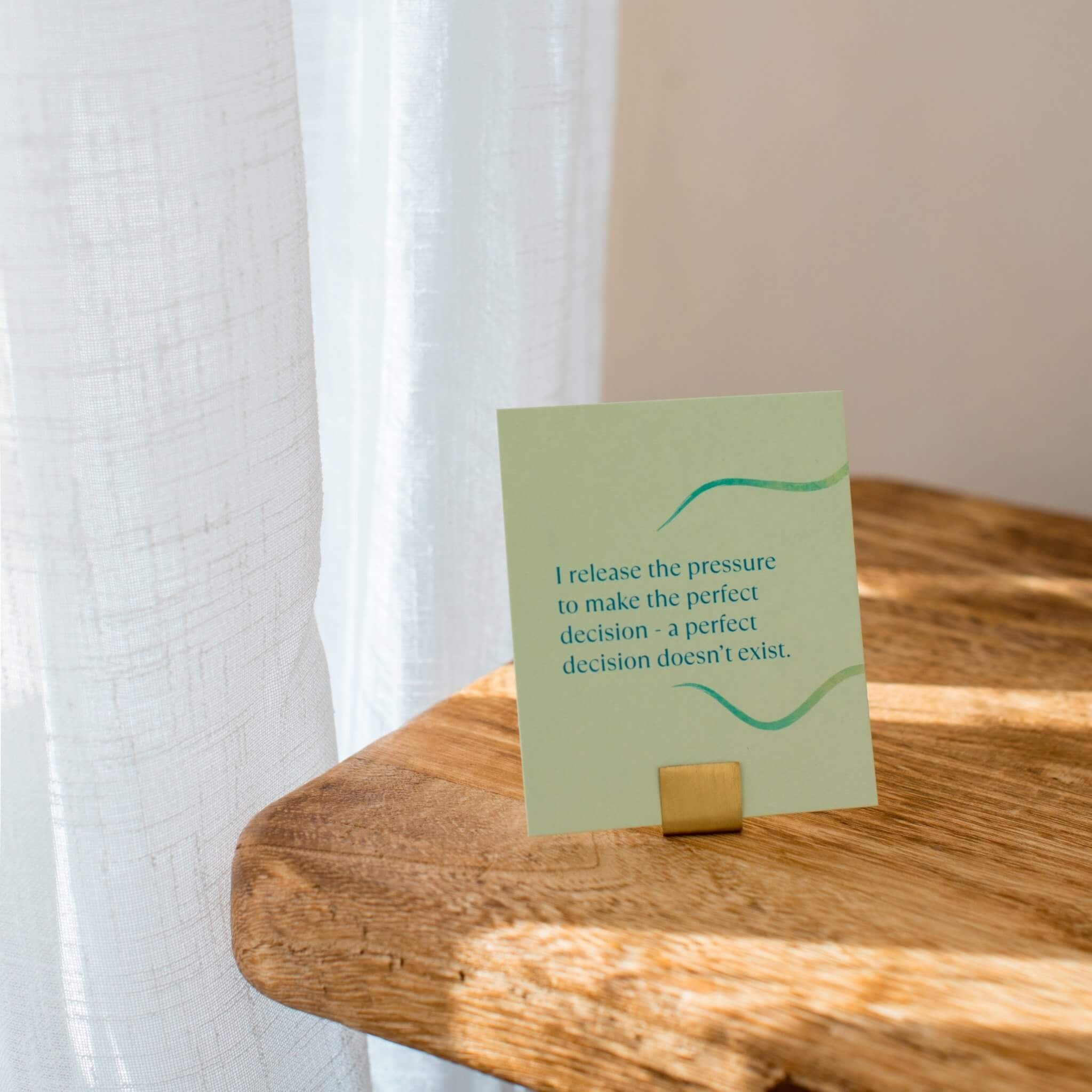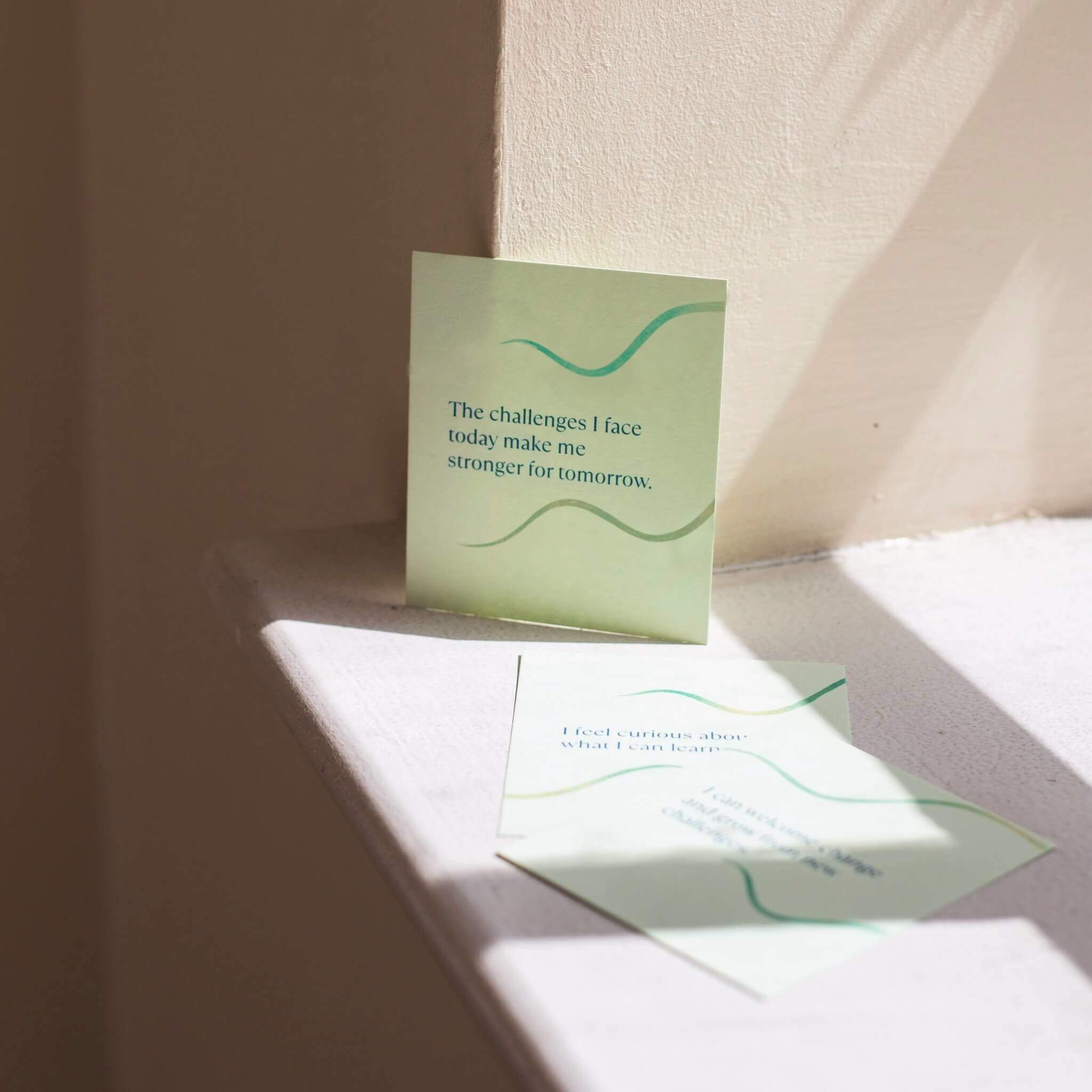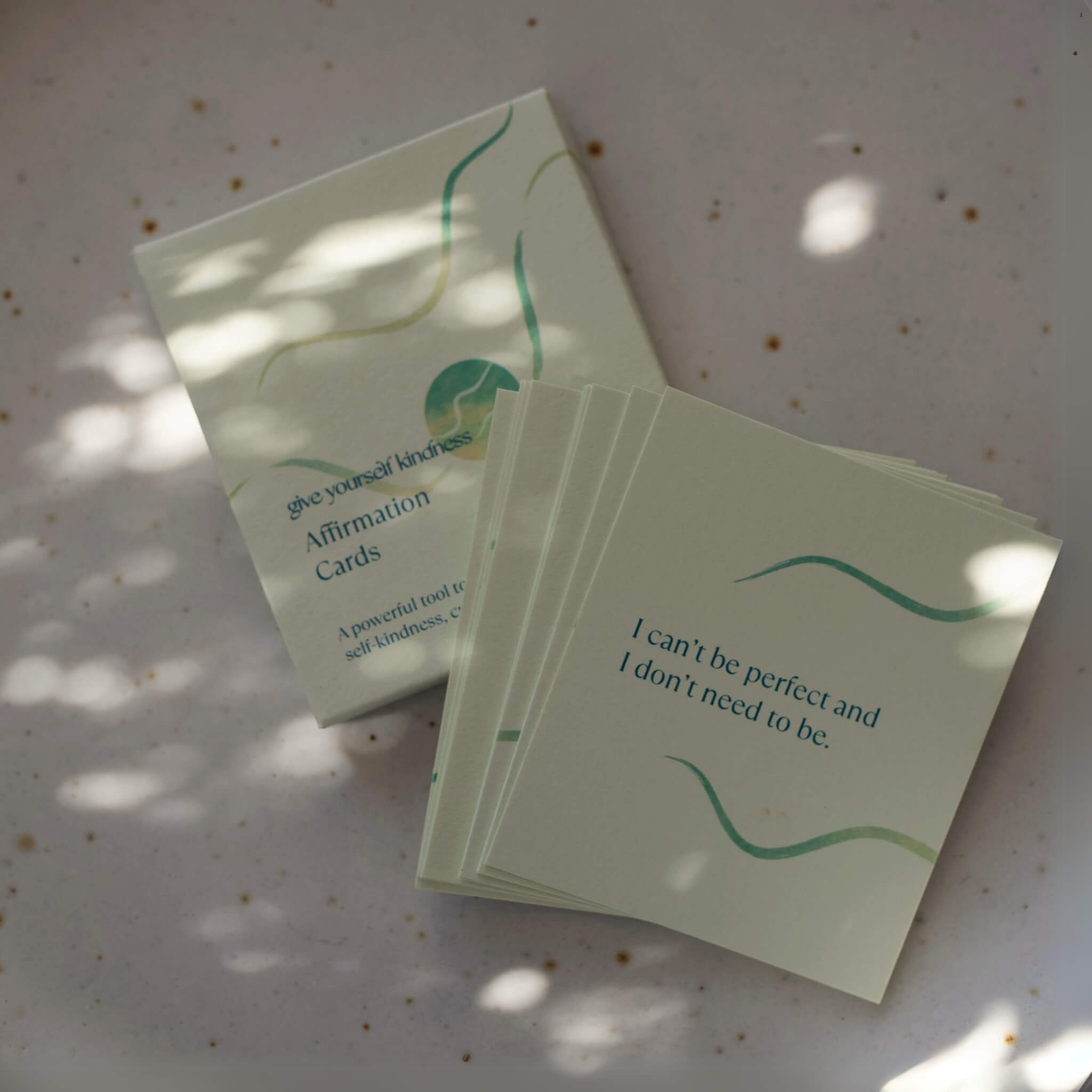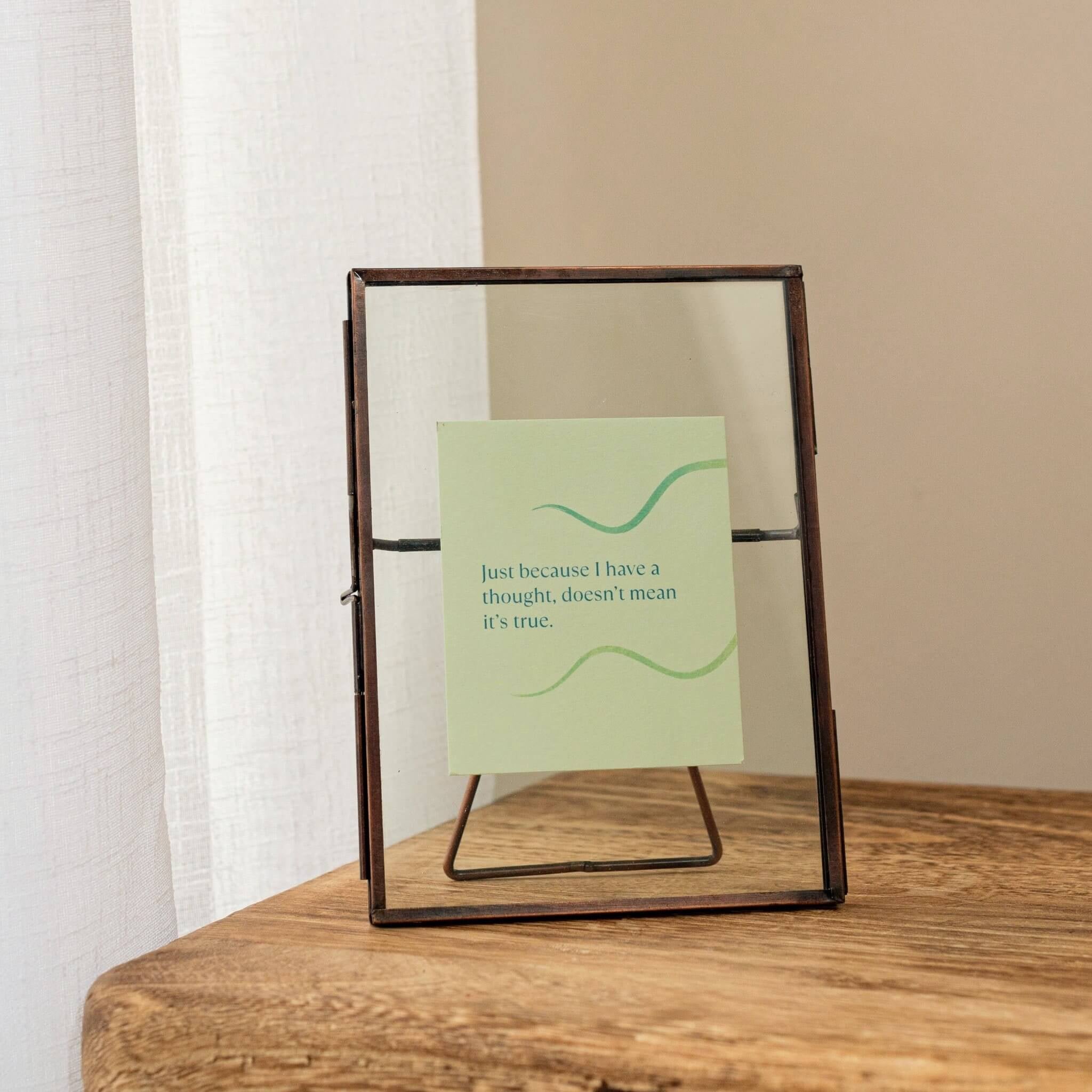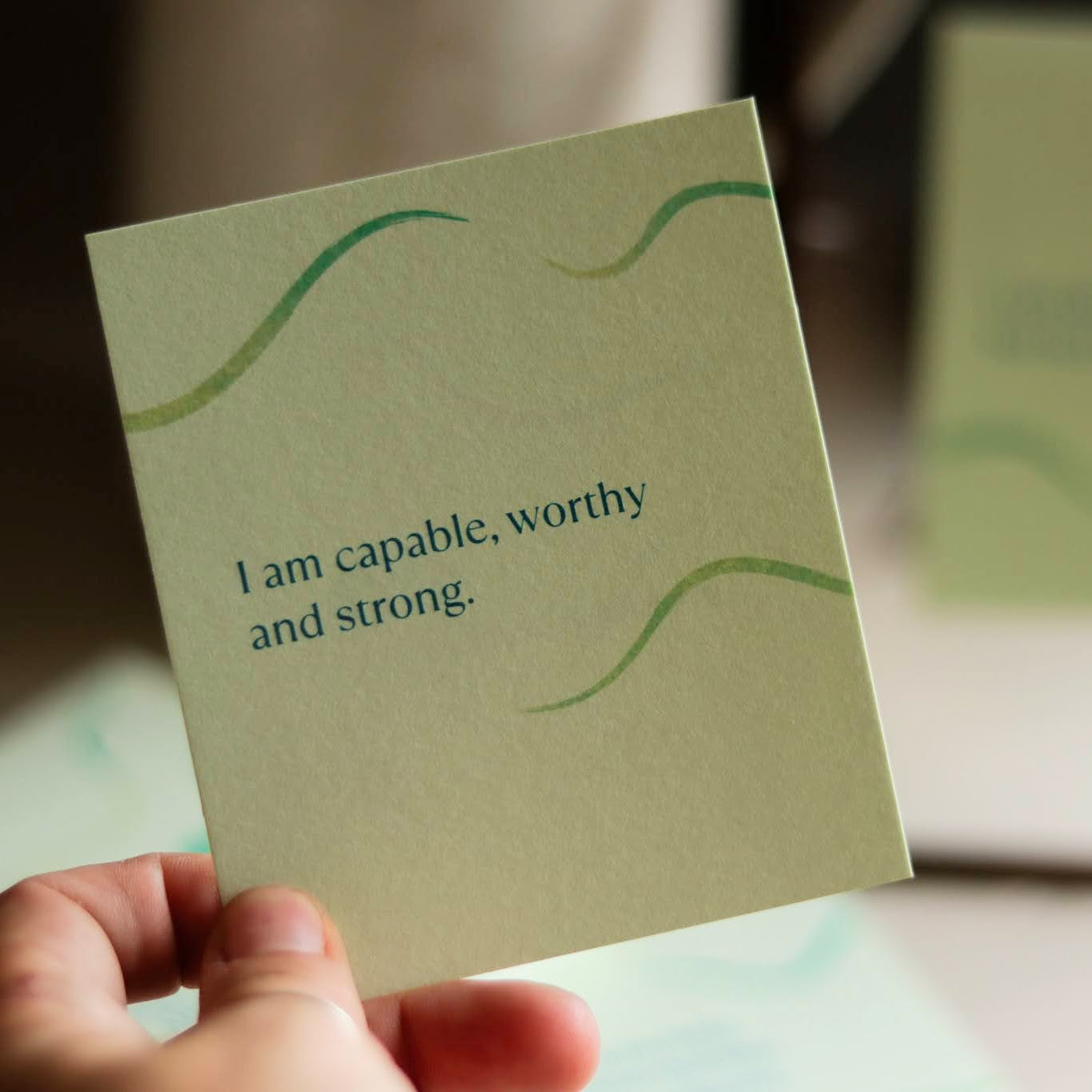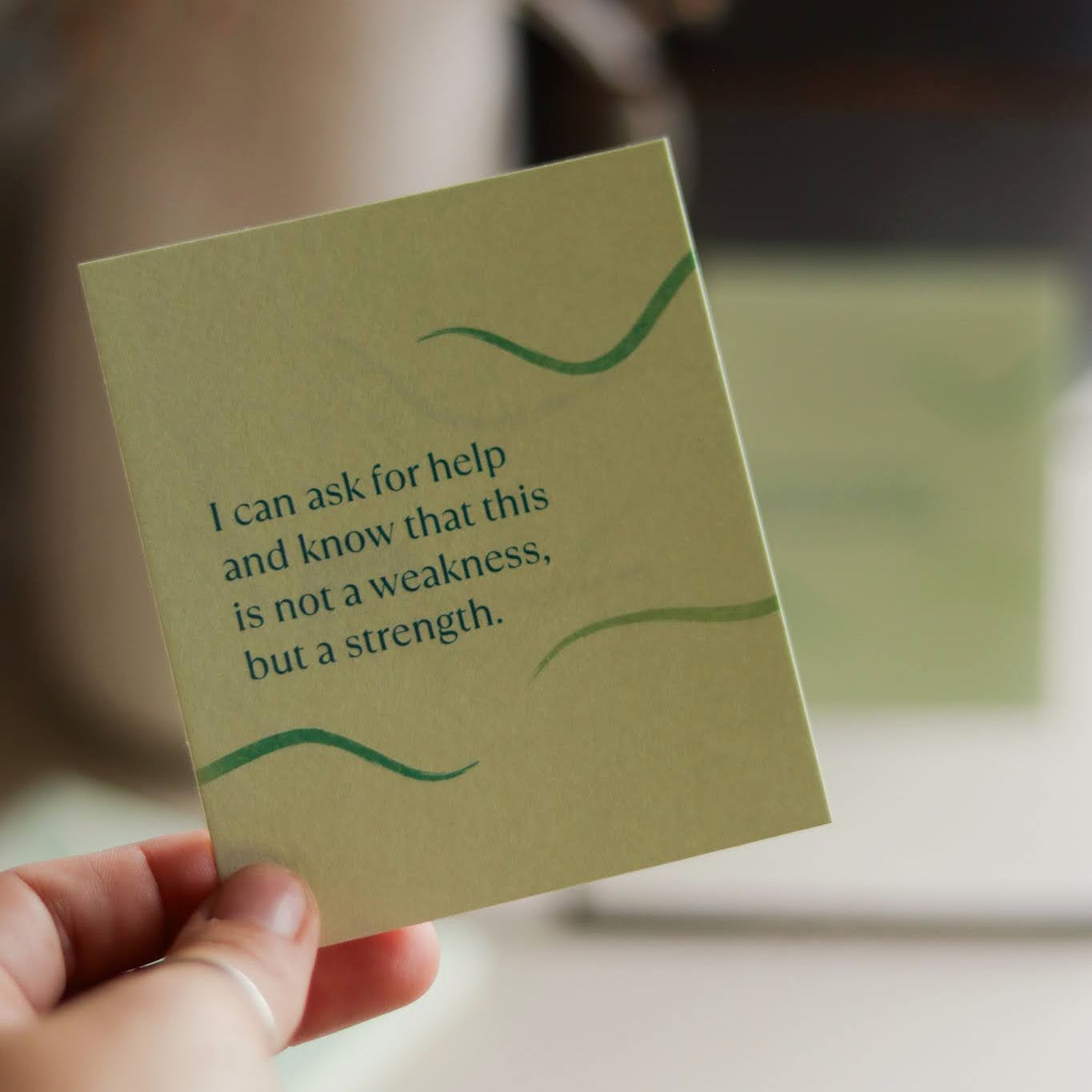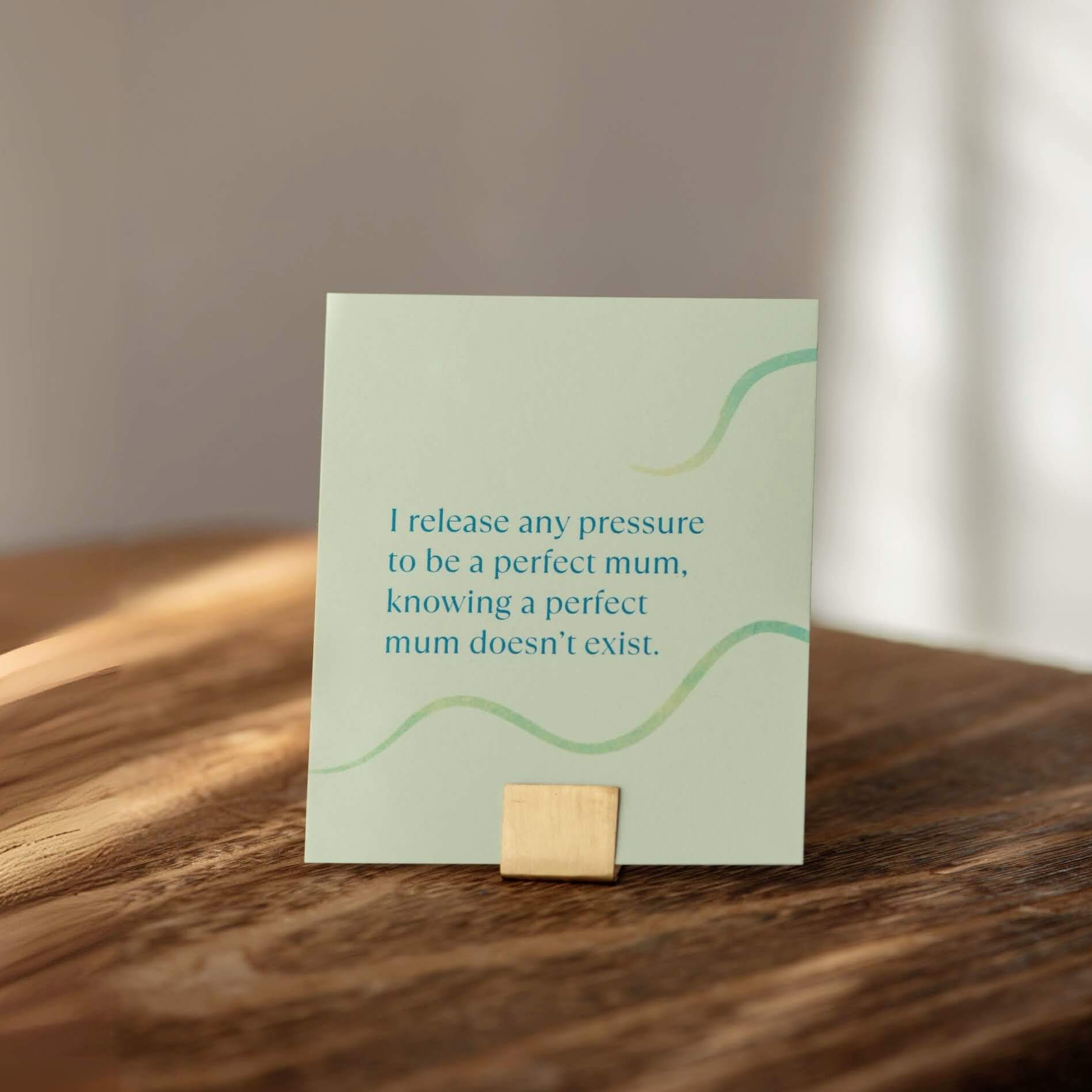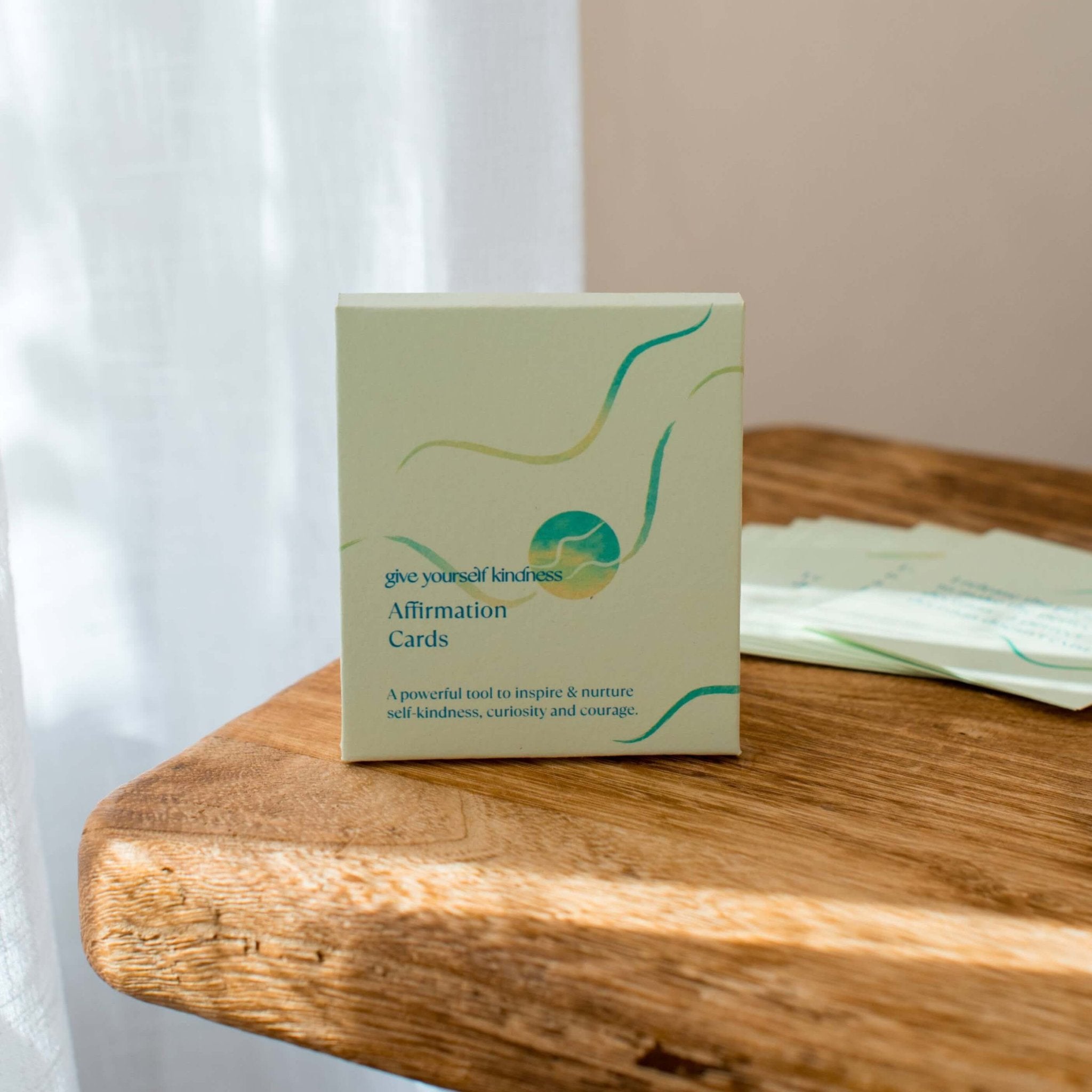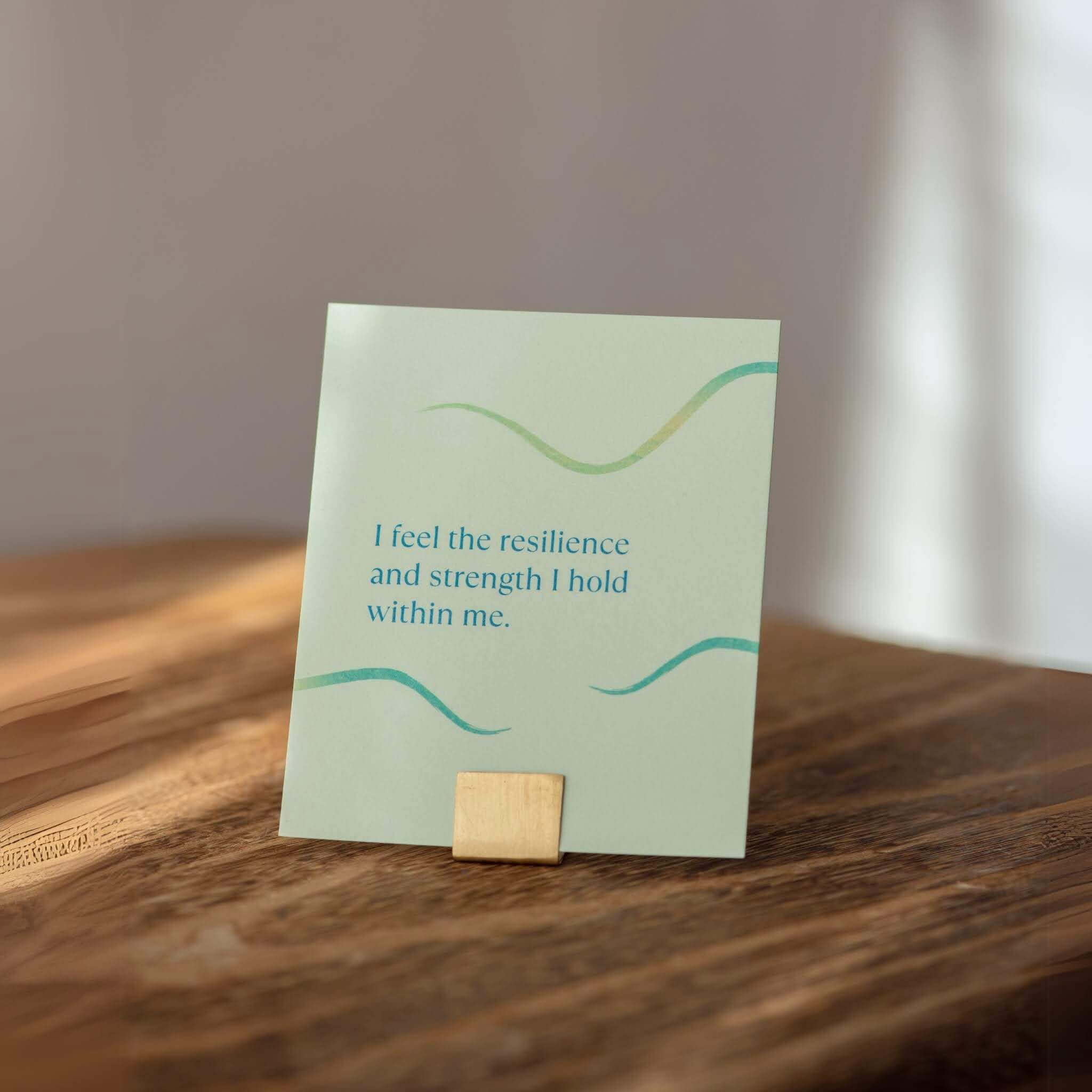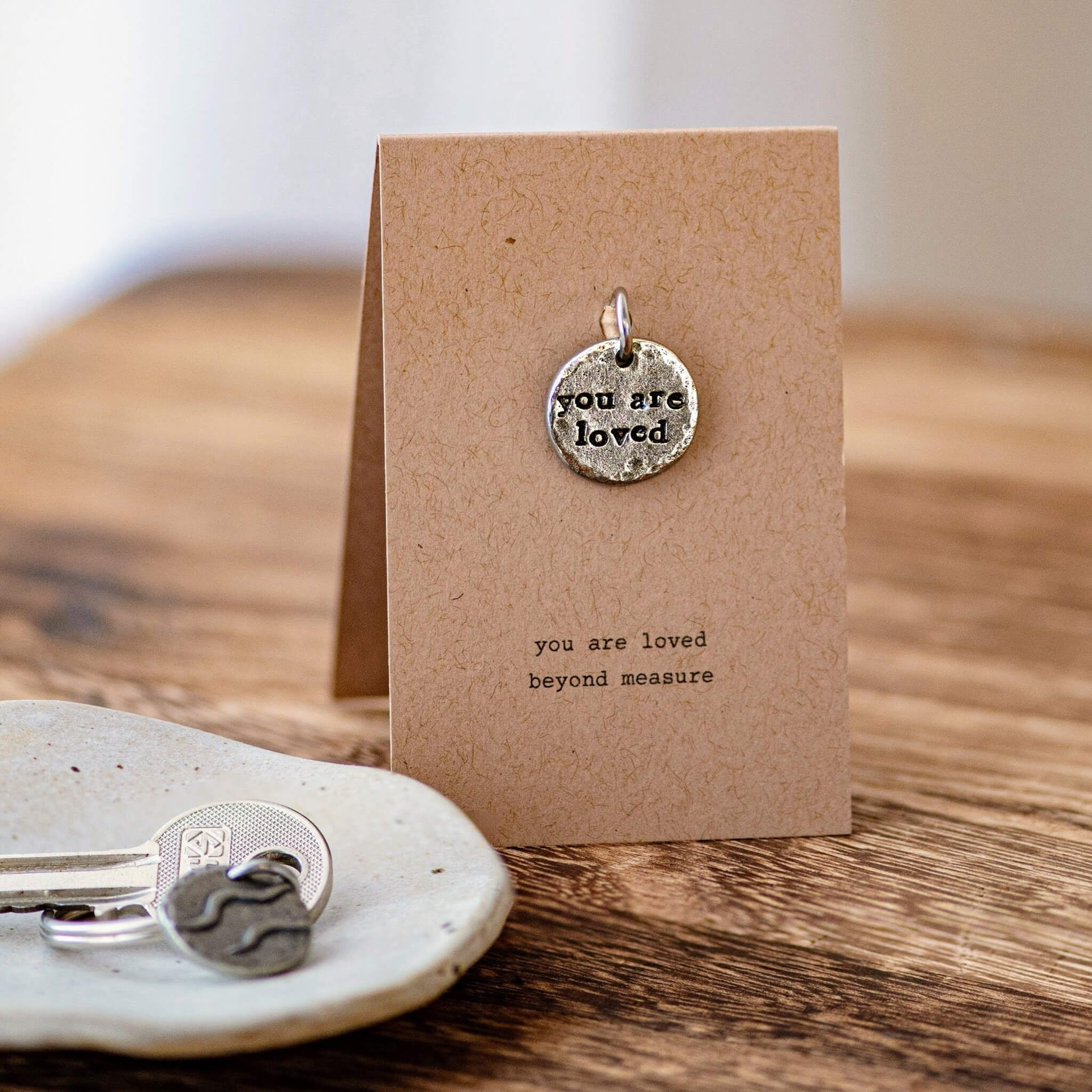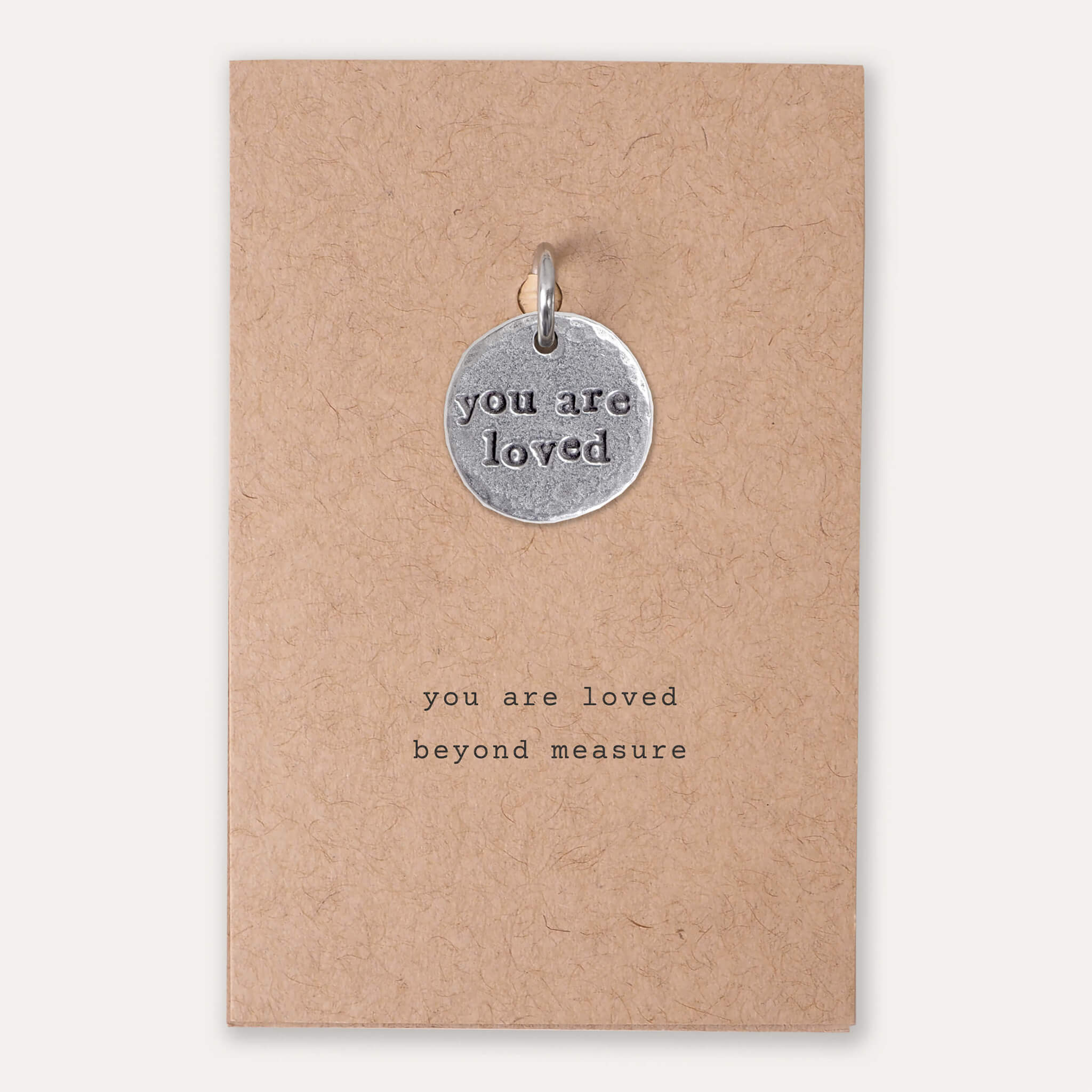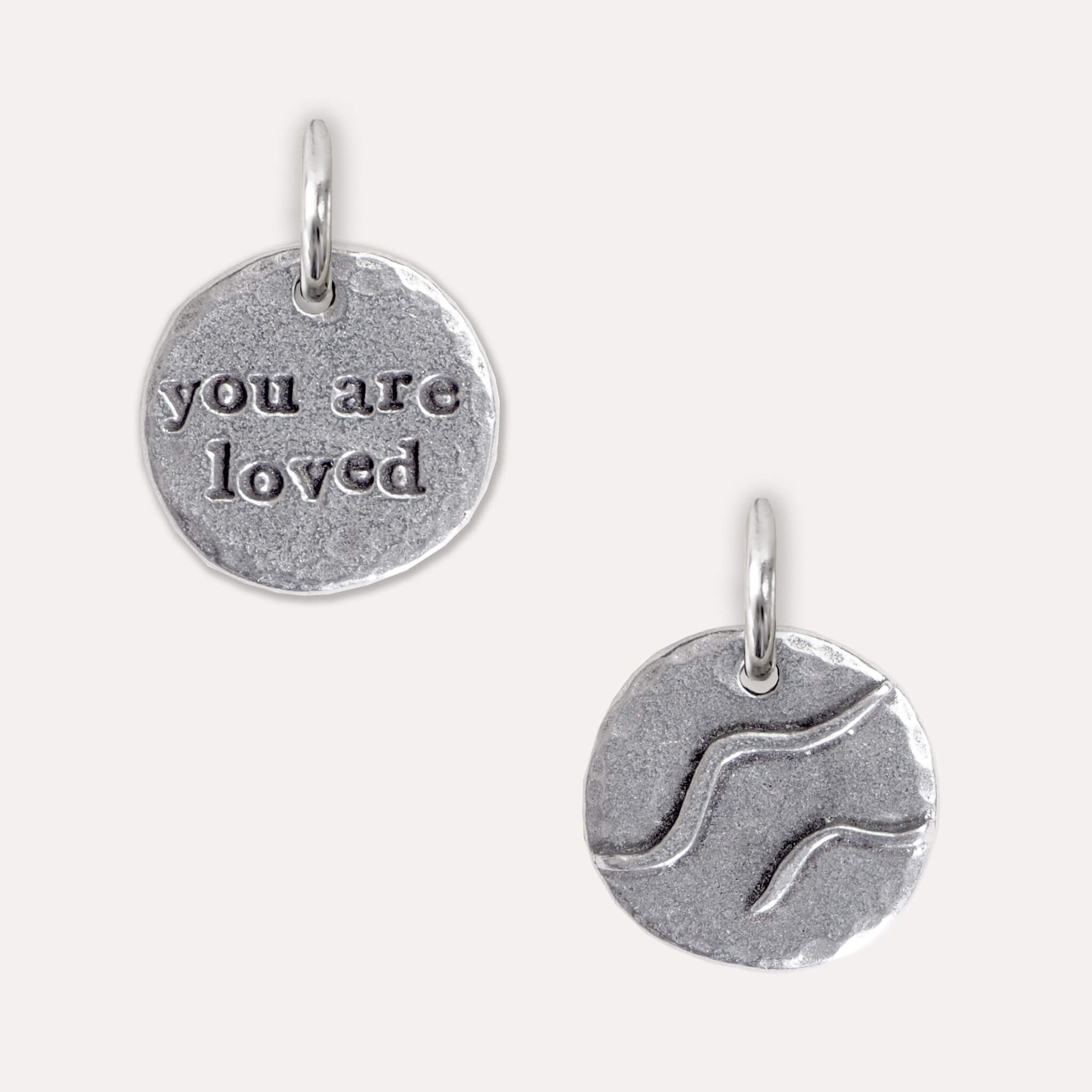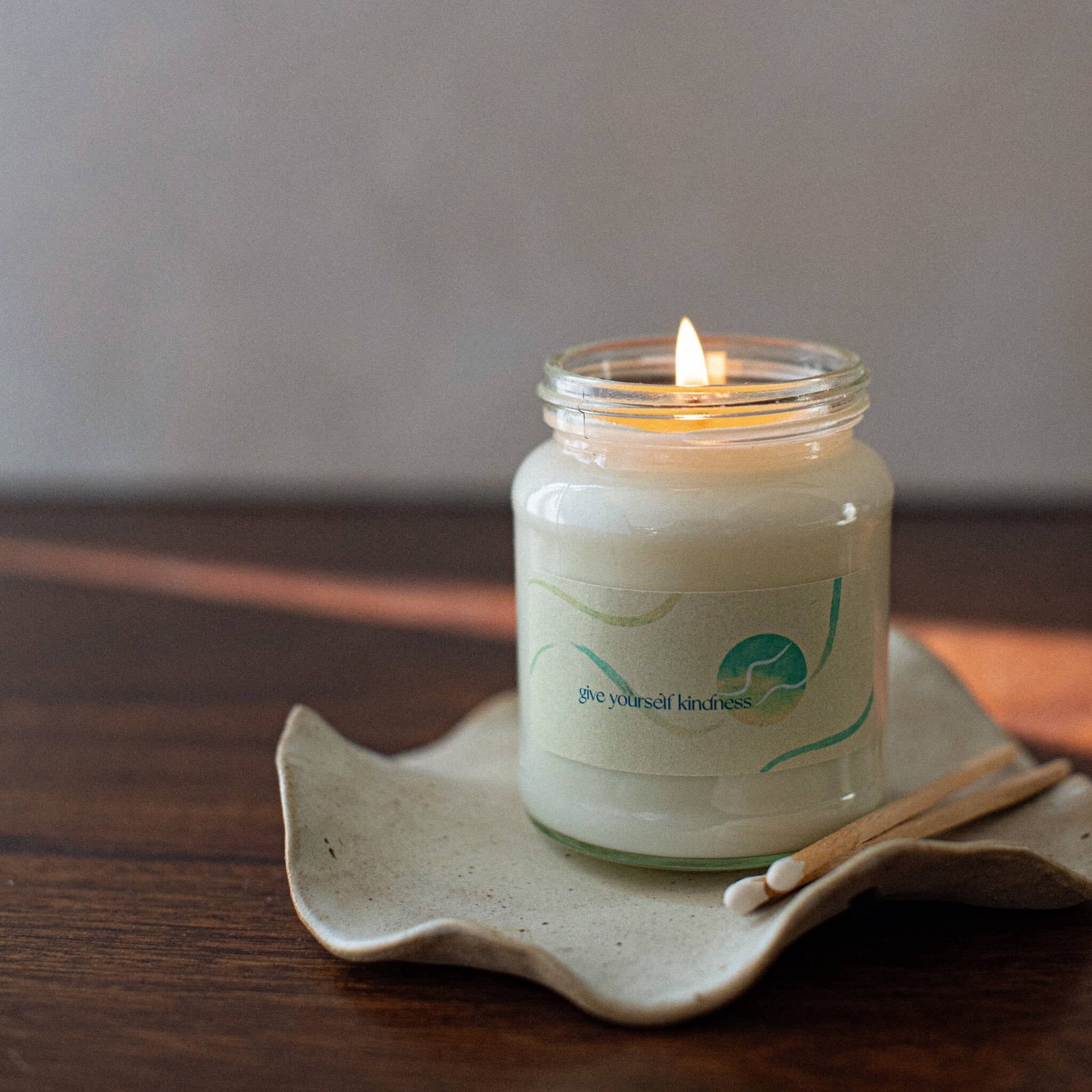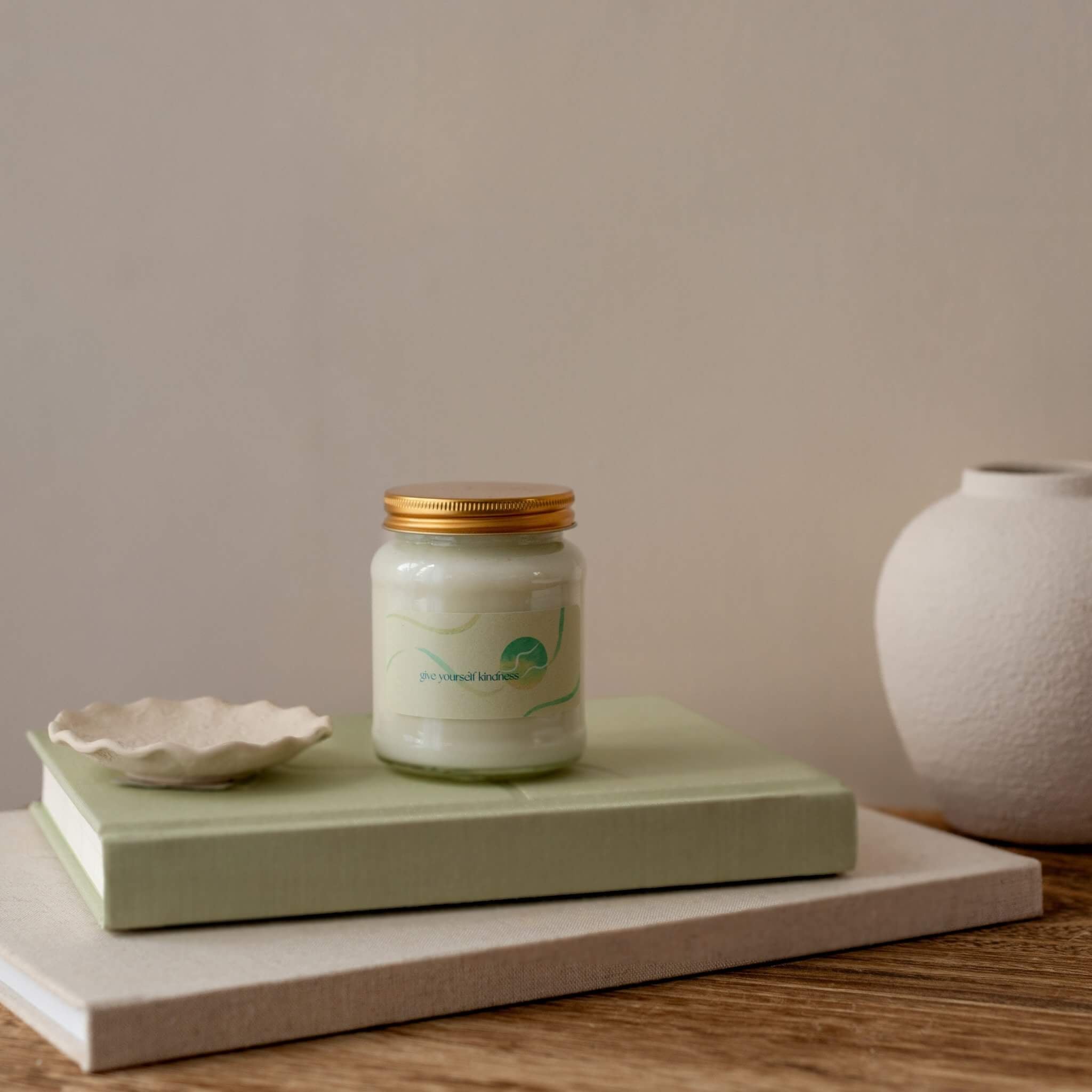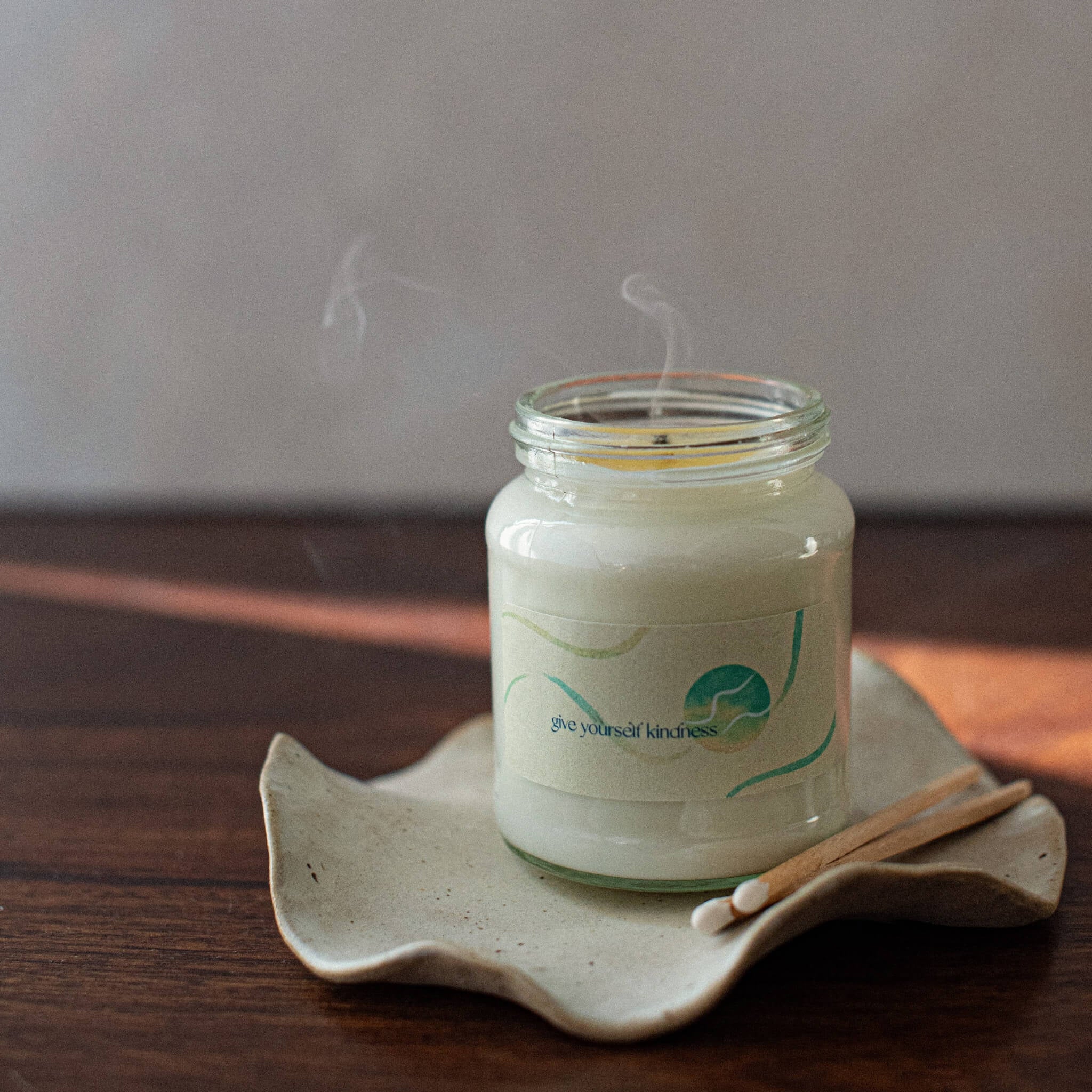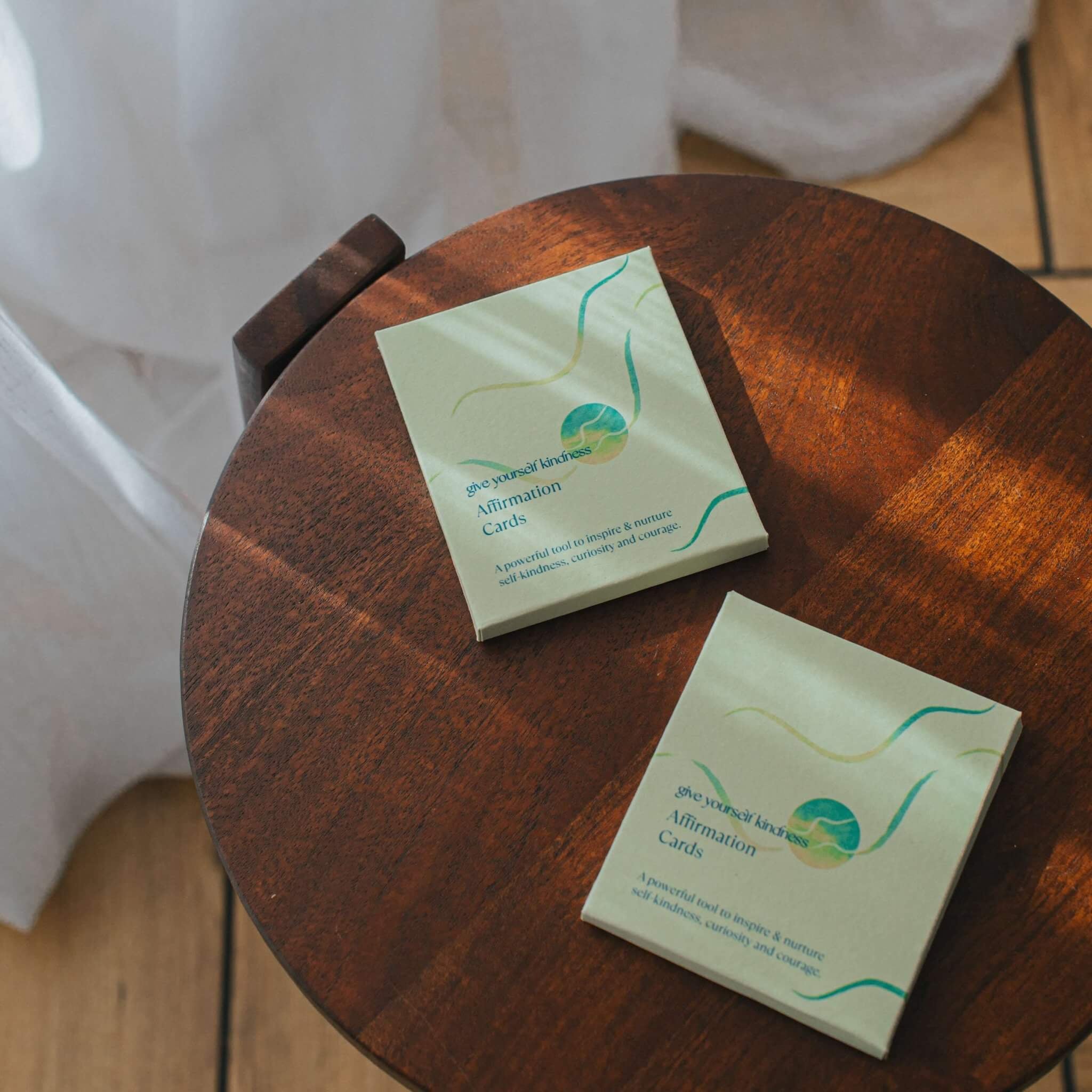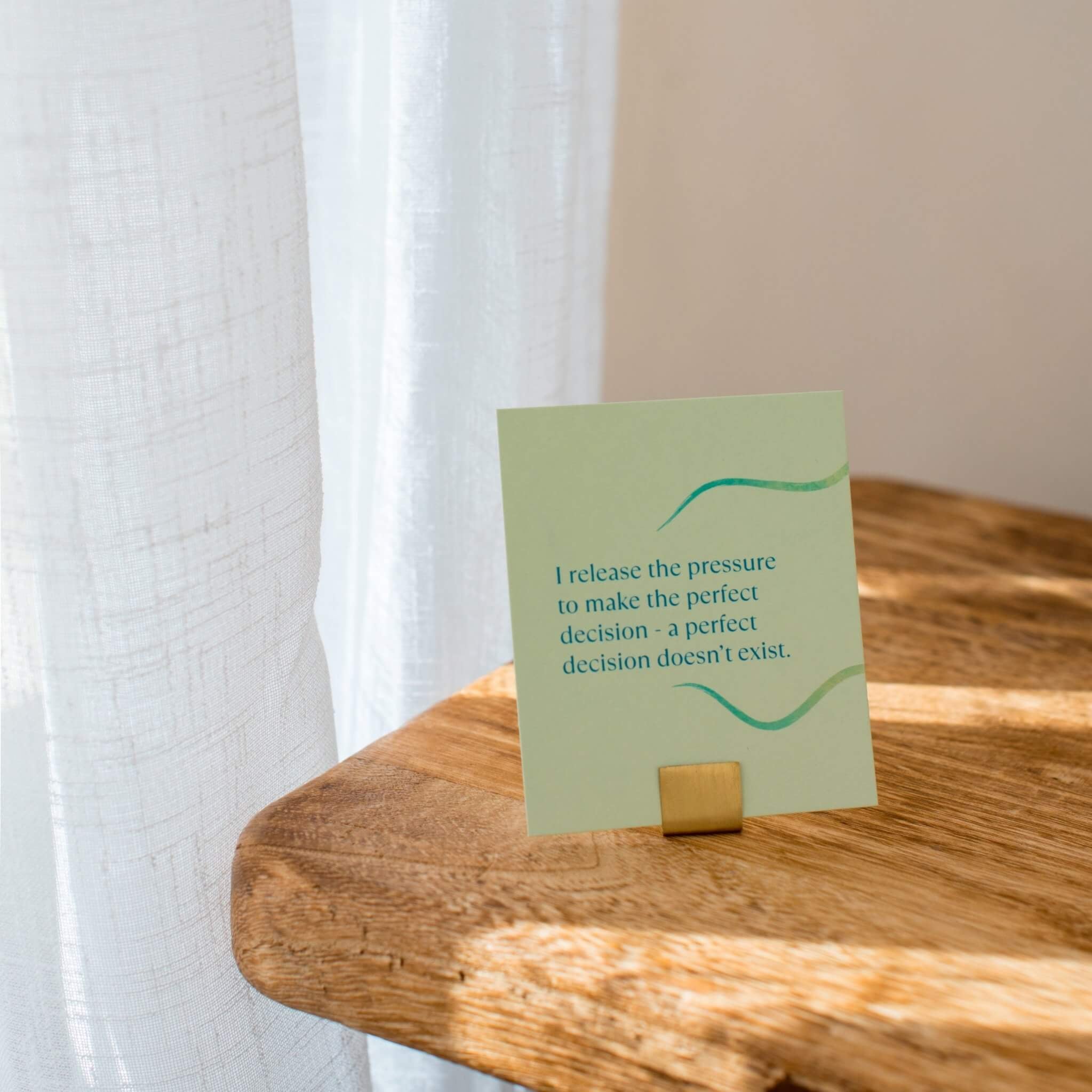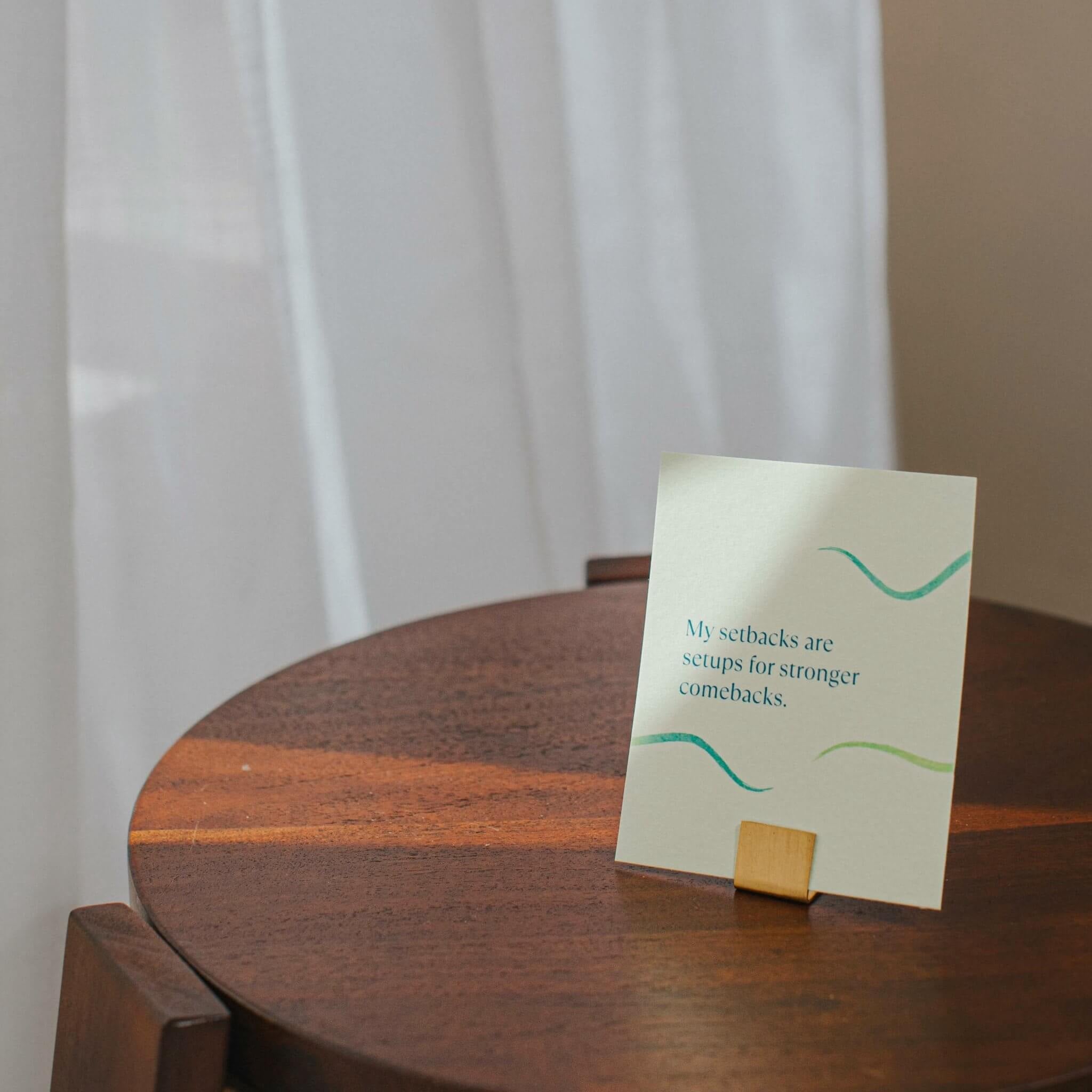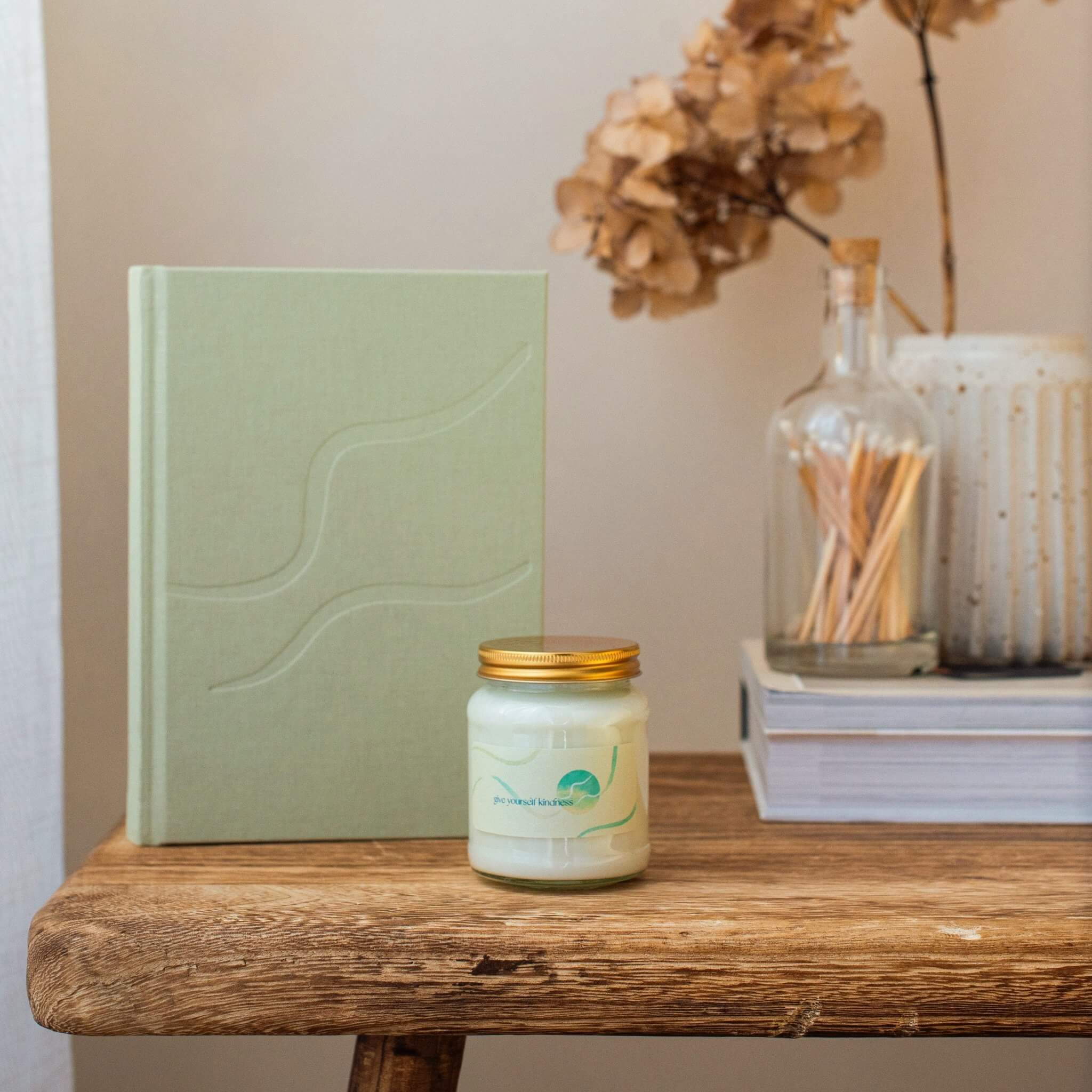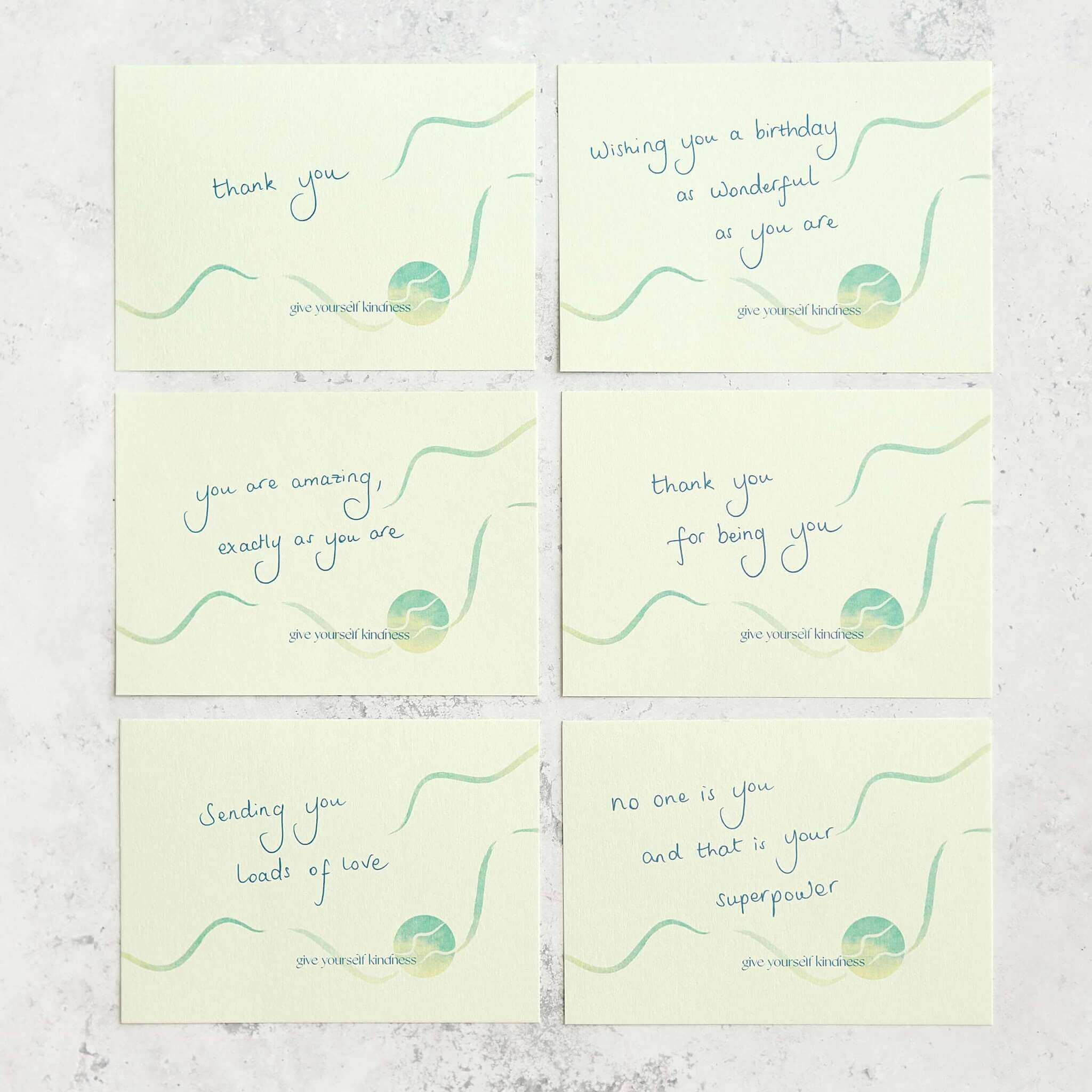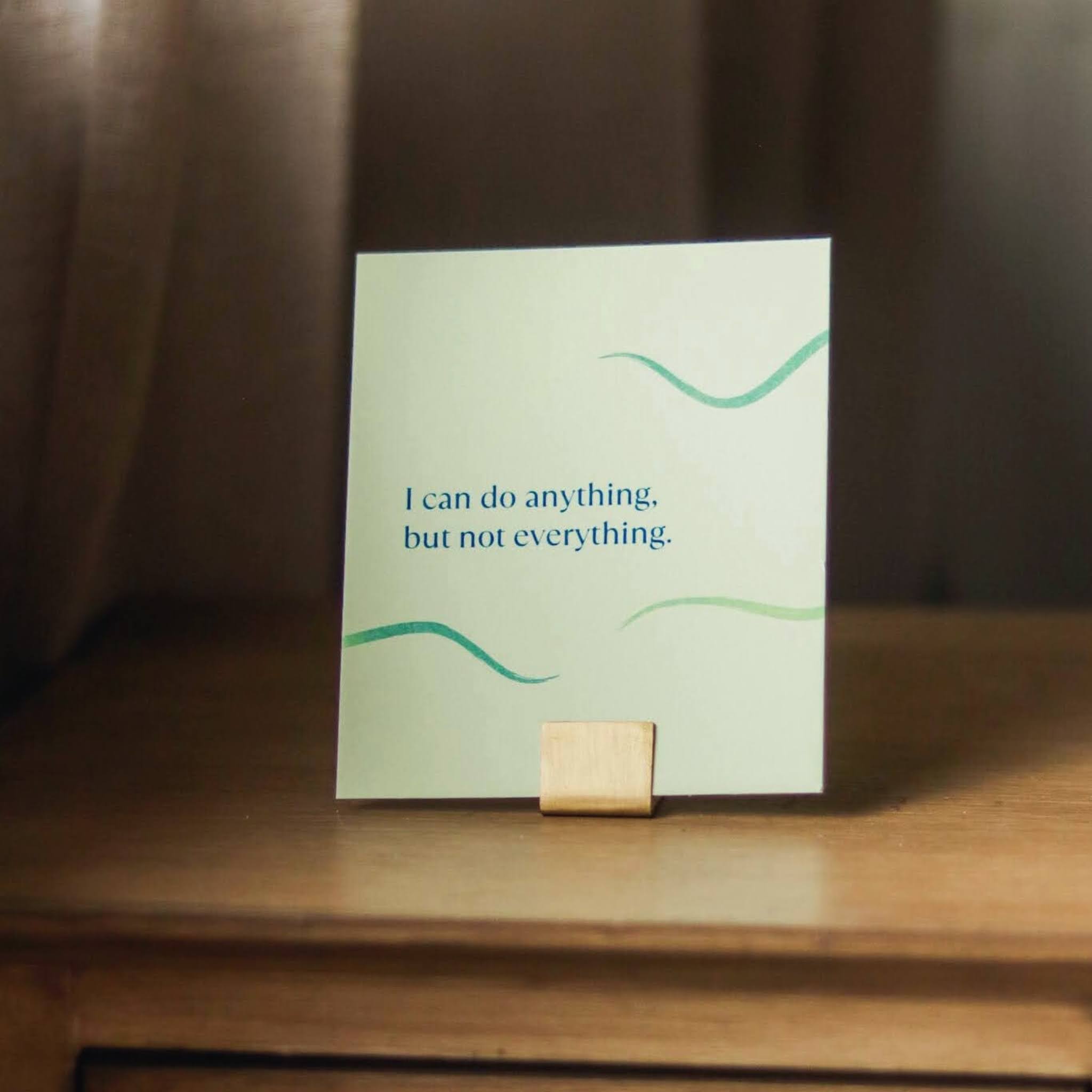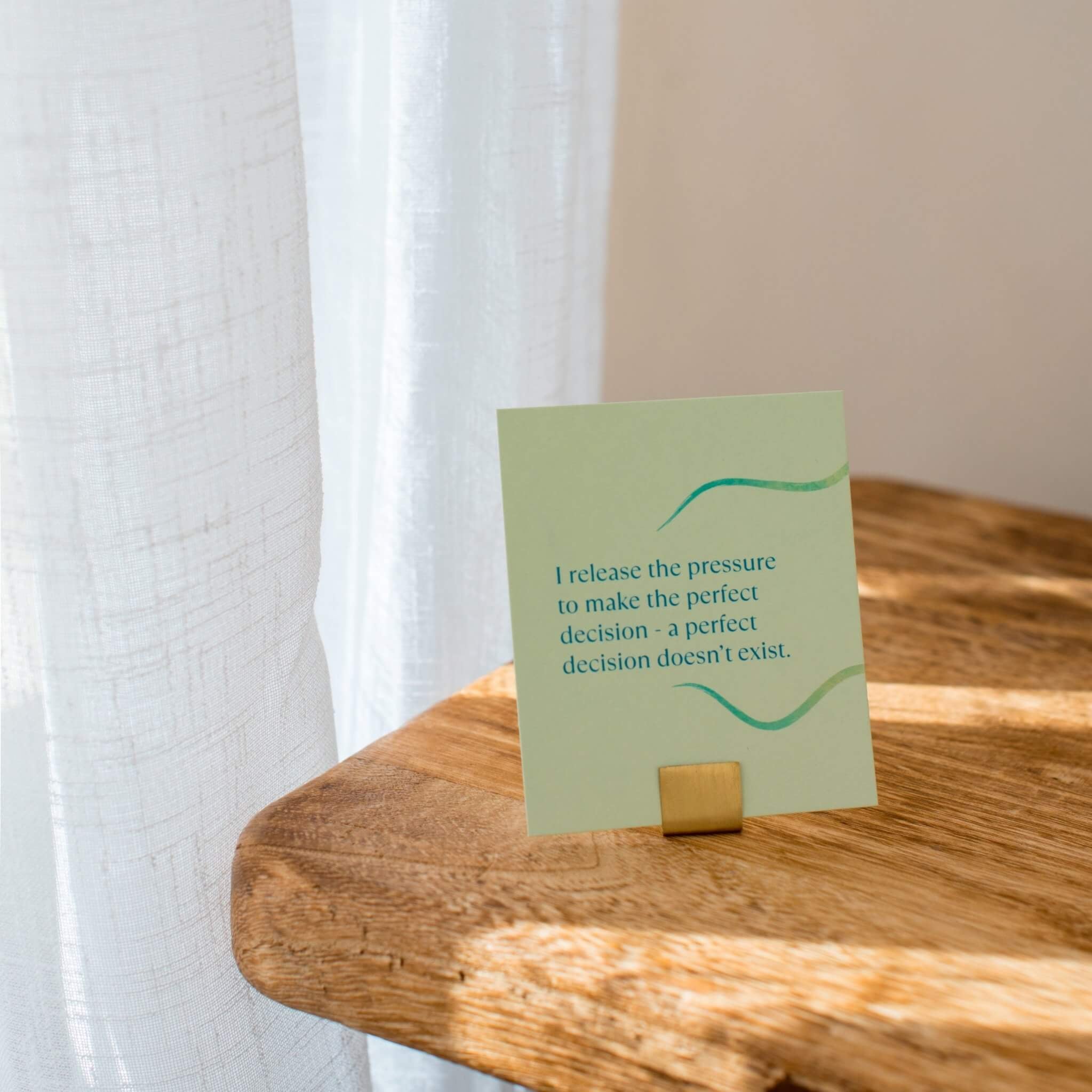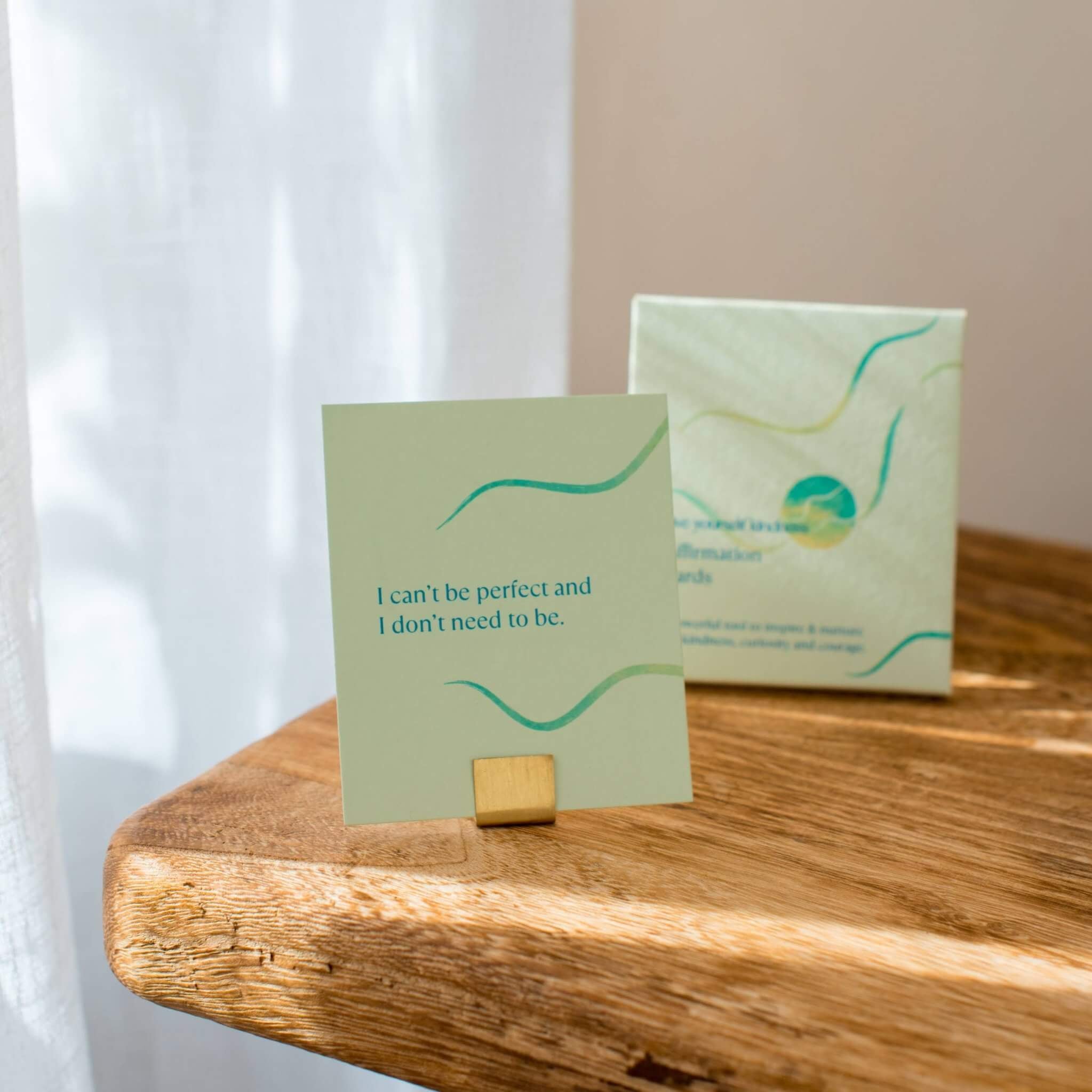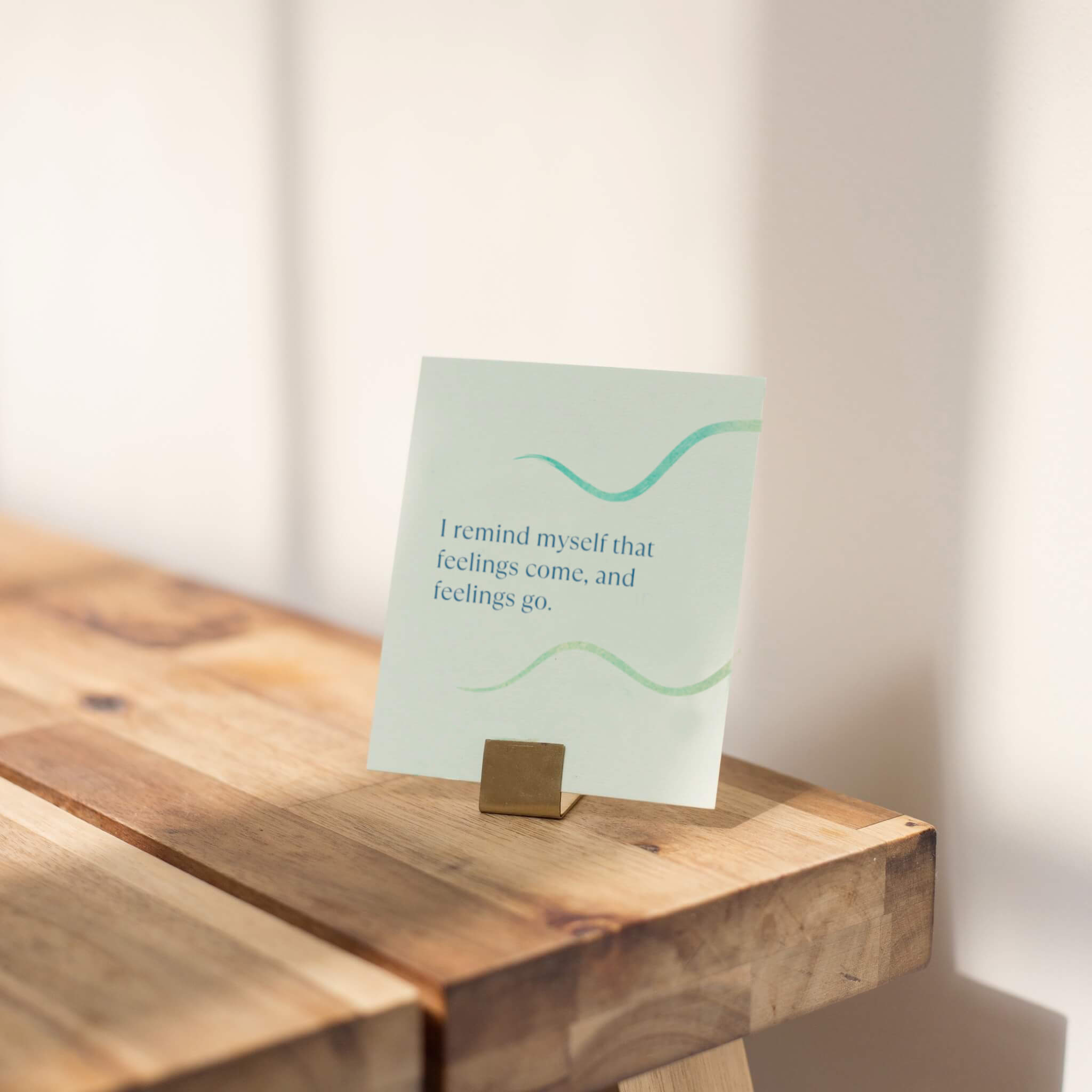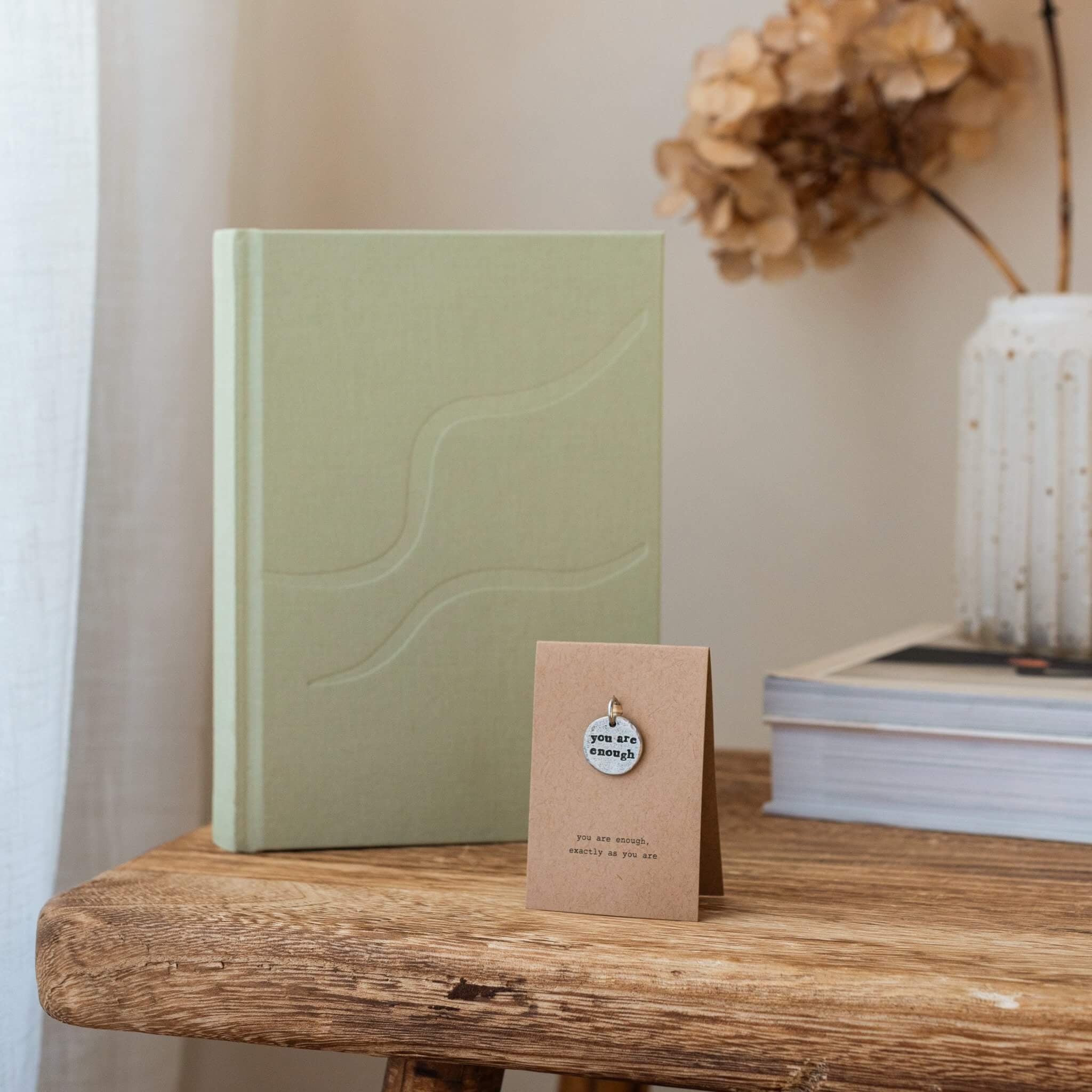The science behind journaling
At Give Yourself Kindness I care that the tools we create work and make a lasting impact on your well-being.
I've heard from you about how the Give Yourself Kindness journal is benefiting your life (hearing from you is the best). It then feels really important to share with you the science behind why.
I reached out to three doctors of psychology to get their expert reasoning behind why journaling works.
Here's what they had to say...


Journaling can significantly boost mental health and well-being
As a clinical psychologist, I've seen firsthand how journaling can significantly boost mental health and well-being. One of the main benefits is that it helps people express and process their emotions.
When you write about your thoughts and feelings, it creates a safe, private space for your emotions, allowing you to understand and manage them better.
'creates a safe, private space for your emotions'
This act of putting emotions on paper can increase self-awareness and provide insight, helping you spot patterns in your thinking and behavior that might be causing stress or emotional distress. Plus, writing can make your thoughts and feelings clearer, making them seem less overwhelming.
Journaling also plays a crucial role in cognitive restructuring. It lets you document and reflect on your experiences, which can help identify and challenge negative thought patterns. This is especially helpful for those dealing with anxiety, depression, or trauma, as it fosters a more balanced and realistic viewpoint.
'can help identify and challenge negative thought patterns'
Furthermore, journaling acts as a form of self-monitoring, allowing you to track your progress and notice improvements in your mental health.
'journaling acts as a form of self-monitoring'
By making journaling a regular habit, you can gain a better handle on your thoughts and emotions, leading to stronger coping skills and greater psychological resilience.


Dr Andreas Comninos is a PhD Clinical Psychologist & EMDRAA Accredited Practitioner with over 15 yrs experience. He provides online psychotherapy for adults for a wide-range of issues & offers a range of Self-Help tools on his website: www.mi-psych.com.au

Decades of studies demonstrate that journaling offers a range of psychological, emotional, and physiological benefits
Journaling is fantastic because:
- it is free, simple, and portable
- it can be done in many creative ways, and
- it offers an extensive range of psychological, emotional, and physiological benefits.
Decades of studies have demonstrated its wide-ranging benefits across diverse methods, from Pennebaker's 20-minute Expressive Writing paradigm to keeping a brief daily Gratitude Diary in bullet-point list format.
'a healthy outlet for processing emotions, reducing stress, and gaining clarity'
Writing down thoughts and feelings can provide many of us with a healthy outlet for processing emotions, reducing stress, and gaining clarity. This can lead to insights, and better decision-making and problem-solving skills.
'better decision-making and problem-solving skills'
Cognitively, journaling can help organize and reinforce learning experiences. It can also help us with goal-setting, motivation, and progress-tracking.
Journaling can also stimulate creativity and be used as a self-reflection tool which can help enhance self-awareness, clarify meaning and purpose, and improve our ability to express ourselves.
Overall, journaling is a versatile and accessible tool that supports mental health, personal growth, and emotional development.
'journaling is a versatile and accessible tool that supports mental health, personal growth, and emotional development'
However, please be aware that certain types of journaling, such as writing about challenging experiences, may stir up strong emotions. It is important to approach intense journaling with care and kindness towards yourself (i.e., when Journaling about challenging material it is important choose a suitable time when you can prioritize Self-Care afterwards).
In other words, avoid intense journaling between demanding tasks or other commitments, as you may need to take a break, go for a walk, or seek further support from a psychologist to process any overwhelming emotions.



Journalling can be a powerful way of developing self-reflection, self-discovery and enhancing emotion regulation
Journalling can be a powerful way of developing self-reflection, self-discovery and enhancing emotion regulation.
However, from a Compassion Focused Therapy (CFT) point of view, it’s useful to consider which part of ourselves is doing the journalling. What do I mean by this? Well, you can journal from different parts of yourself.
For example, it could be that it’s a fearful part of you that is writing, or an angry or self-critical part. And although it’s understandable that this might happen, how helpful might it be if it is our self-critic journalling?
What sorts of things might it say about us, or what view might it have about the struggles that we’re going through?
Sadly, our self-critic often has a very narrow, and by definition negative, view on us and our life that is often associated with higher levels of psychological distress, anxiety and shame.
'develop a compassionate part of self - a part that is wise, strong and caring'
In comparison, CFT tries to support people by initially helping them to develop a compassionate part of self - a part that is wise, strong and caring. We do this in part by helping people to practice various Compassionate Mind Training (CMT) exercises. Crucially, once developed, we then would use this compassionate part of ourselves to ‘do’ the journalling.
For example, a common exercise in CFT is called Compassionate Letter Writing, and in these letters we learn and practice how to write to ourselves about things that we might be struggling with, offering validation, empathy, understand and support.
'a large research literature looking at the helpfulness of expressive writing'
You can find a guide to this here. These letters build upon a large research literature looking at the helpfulness of expressive writing, and can be a powerful way of relating to yourself in a different way.







